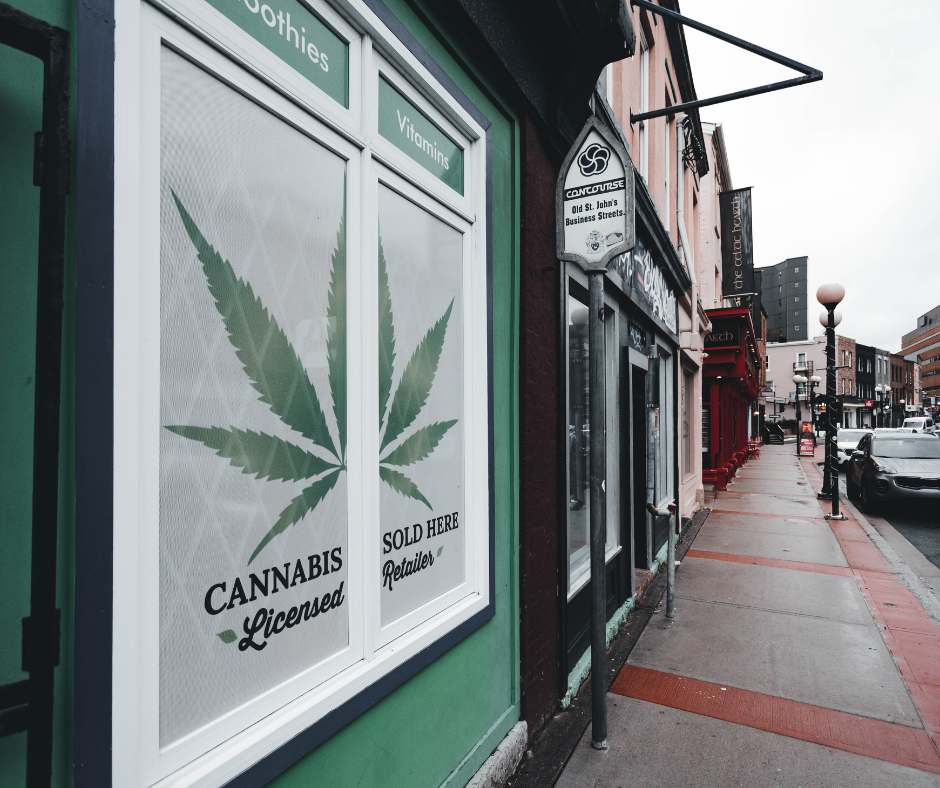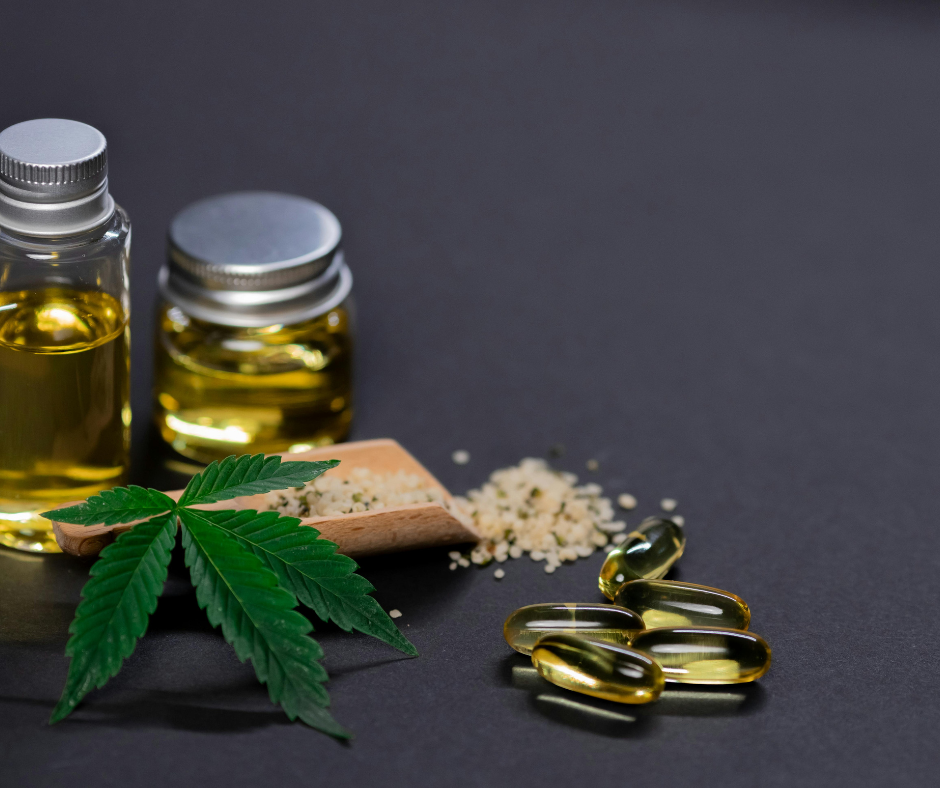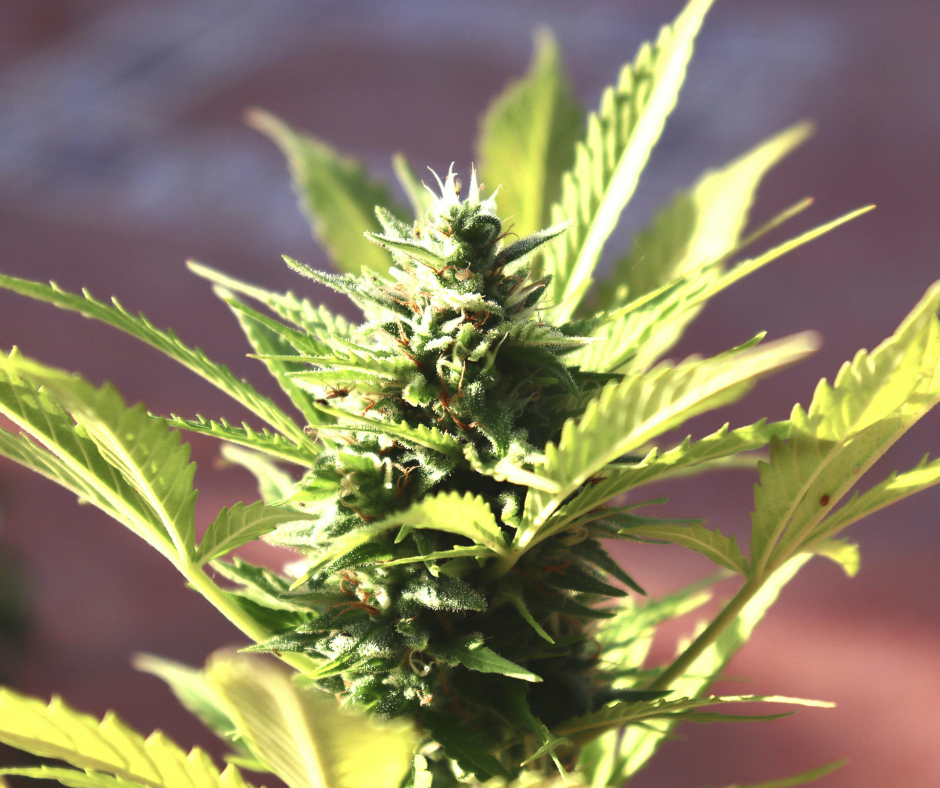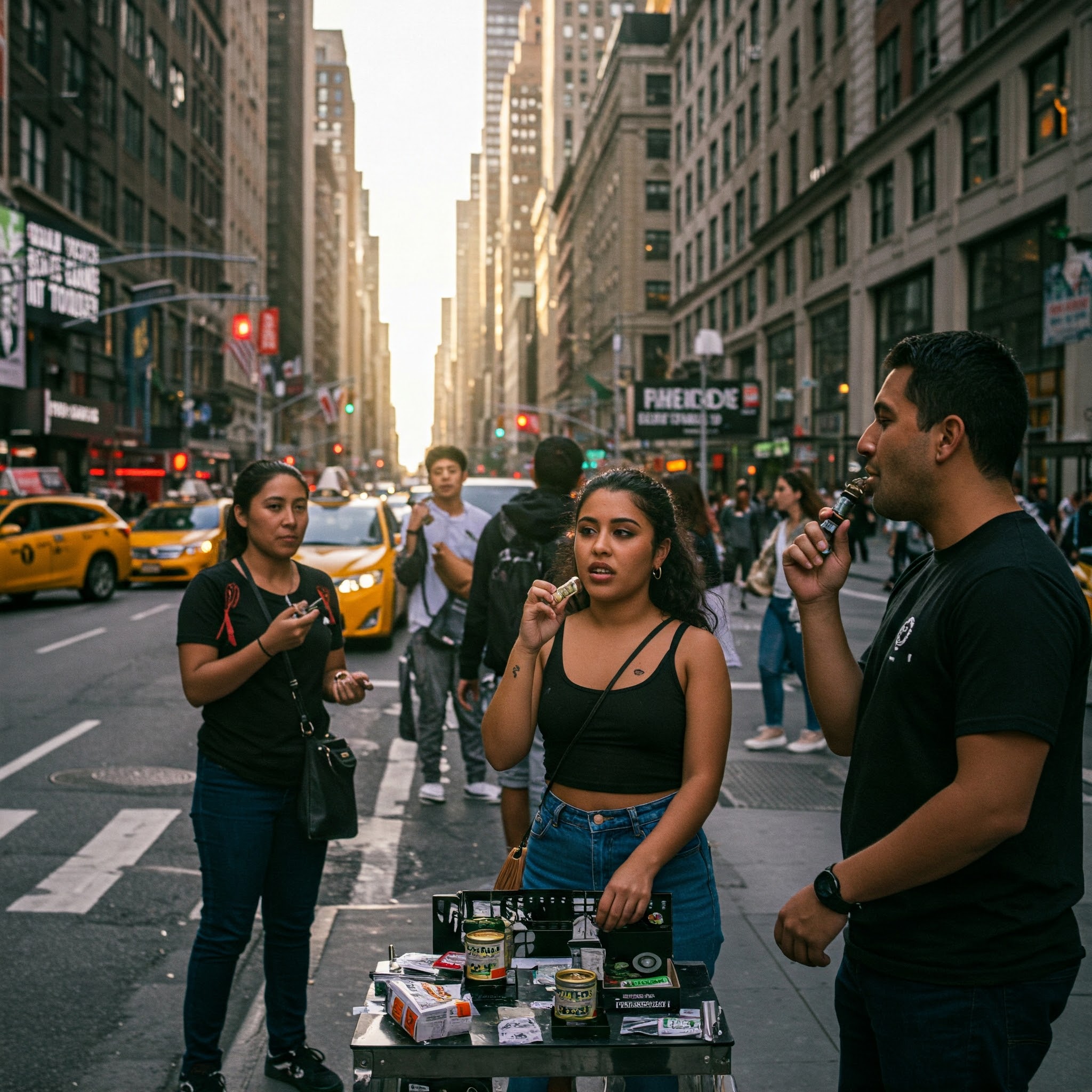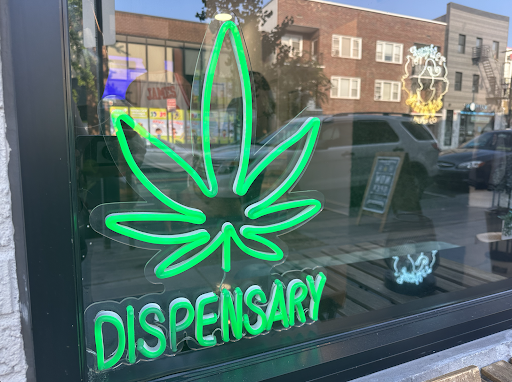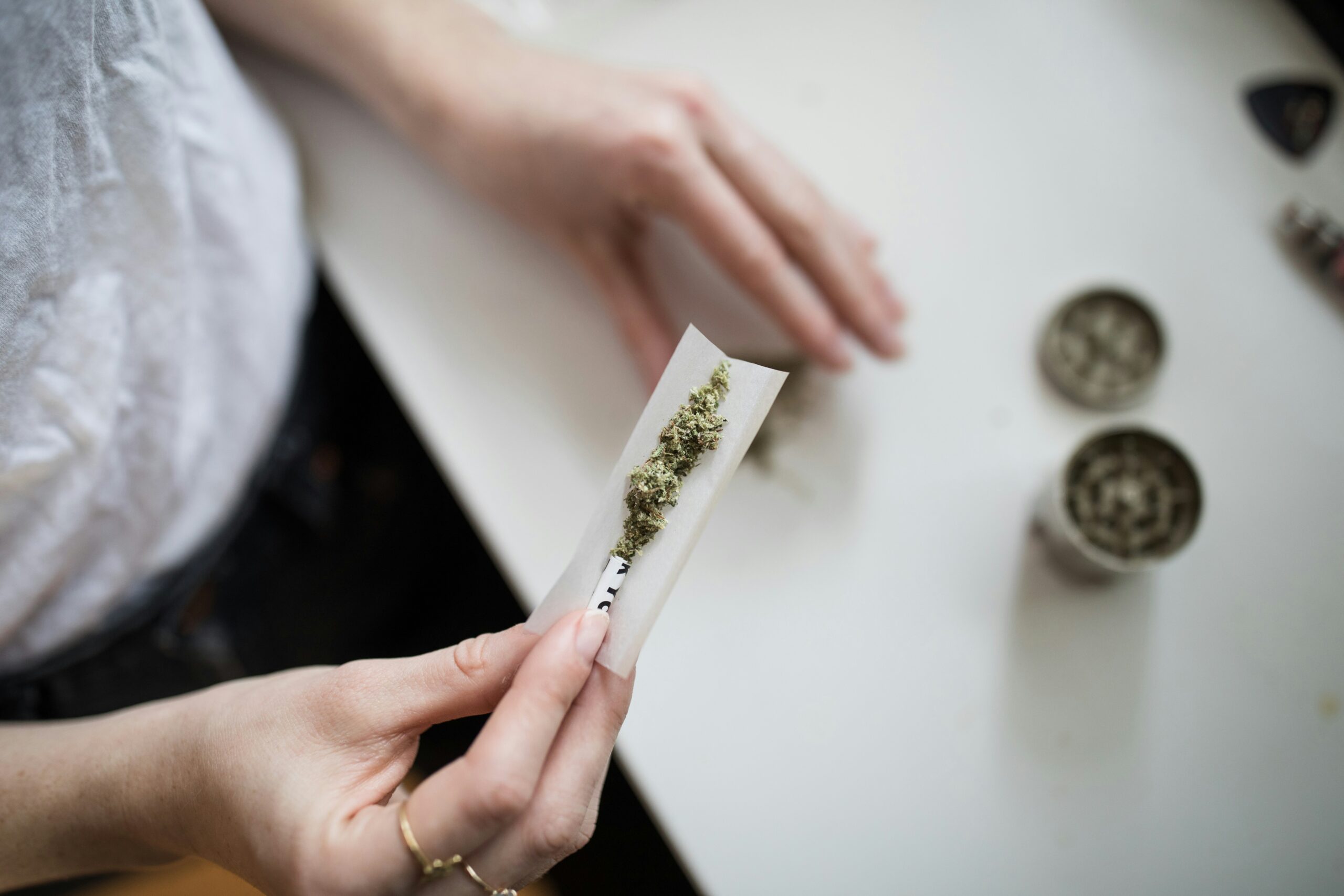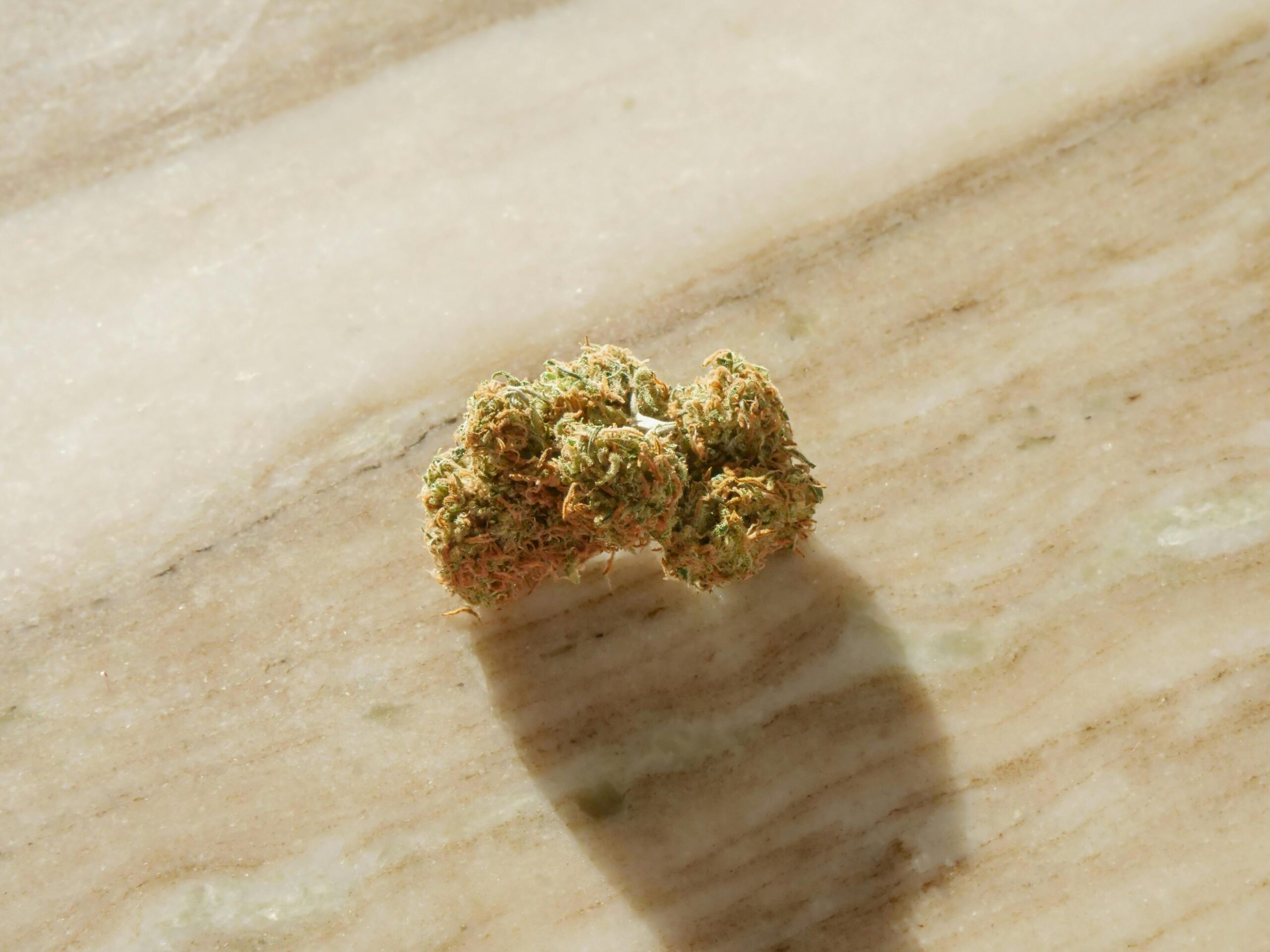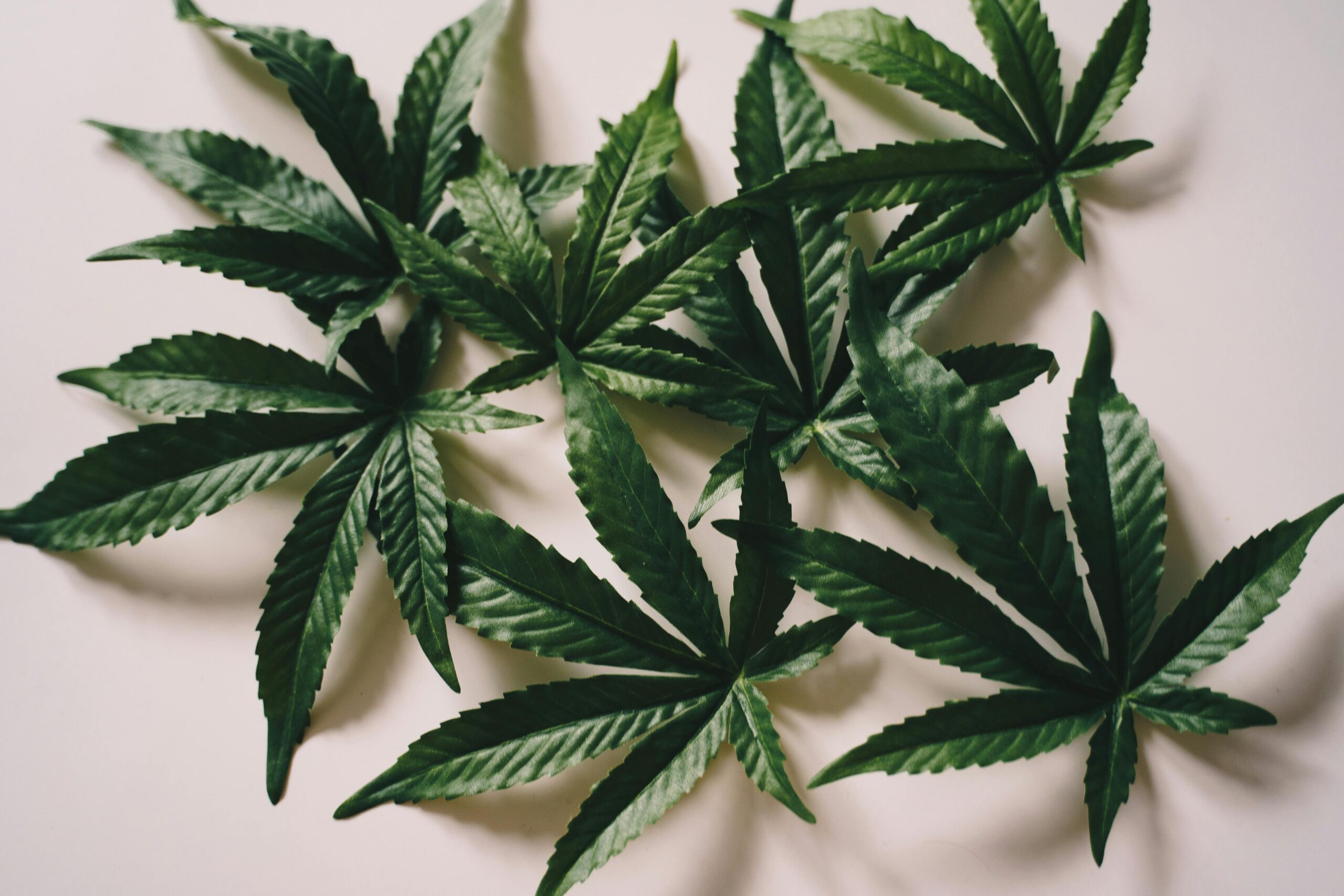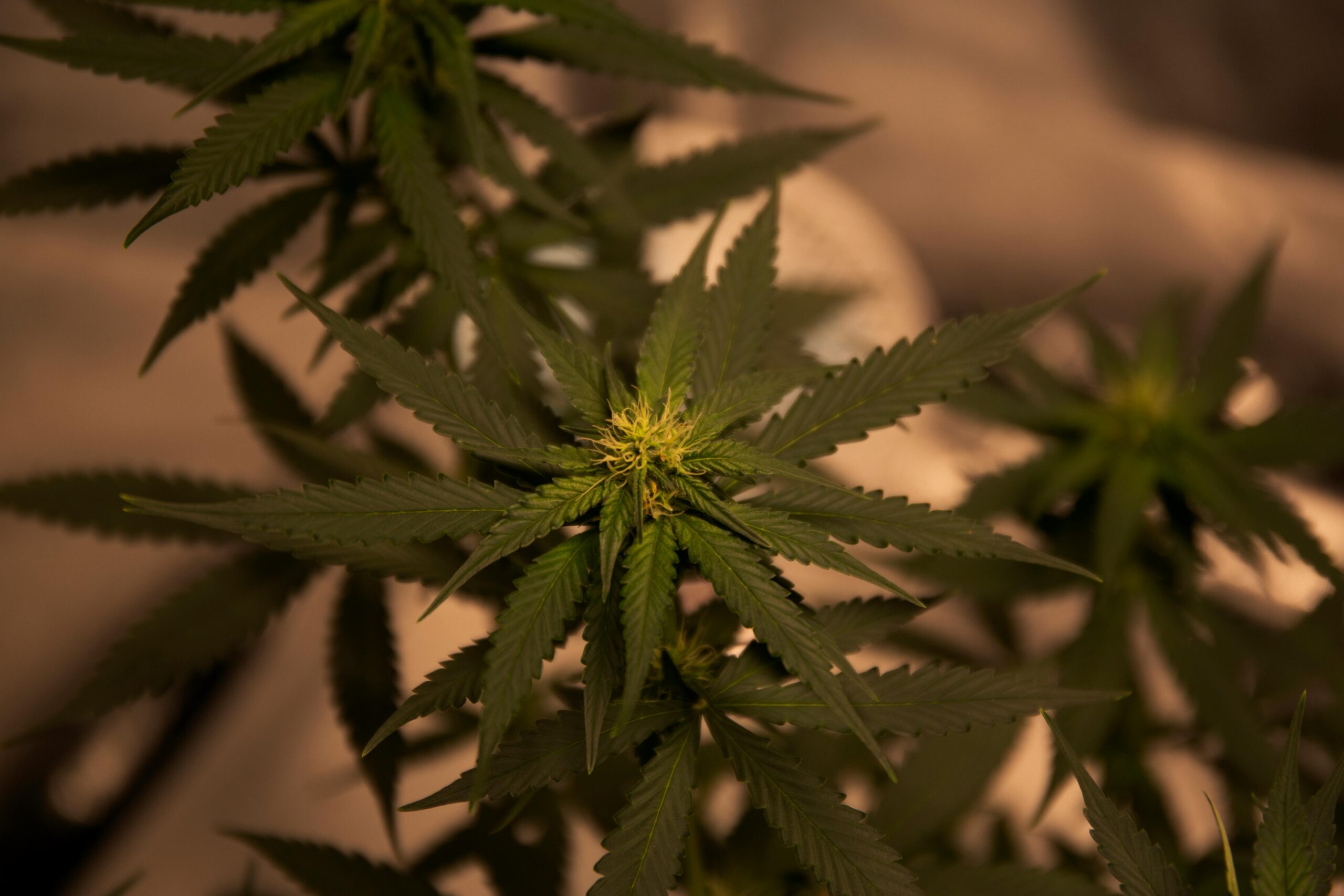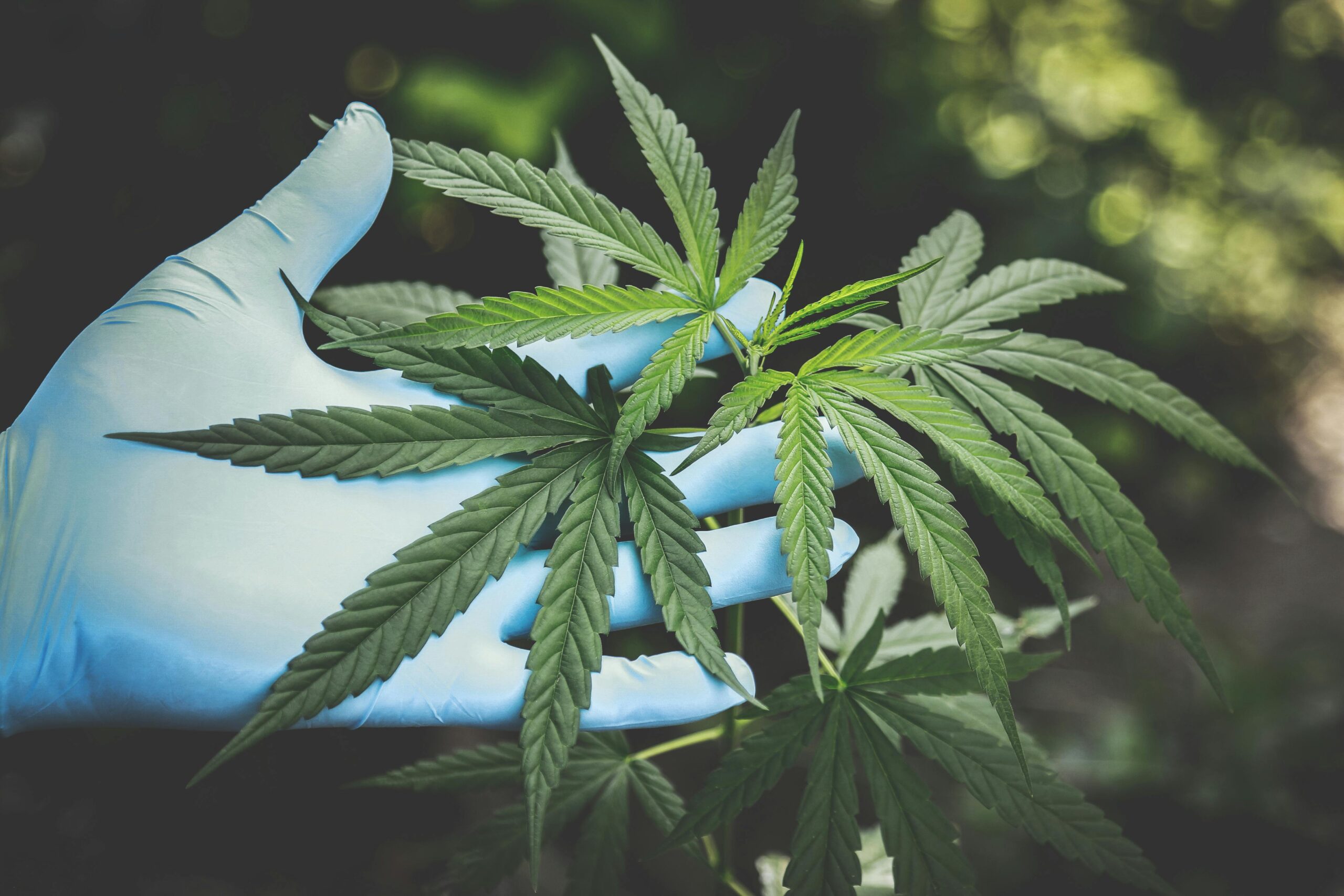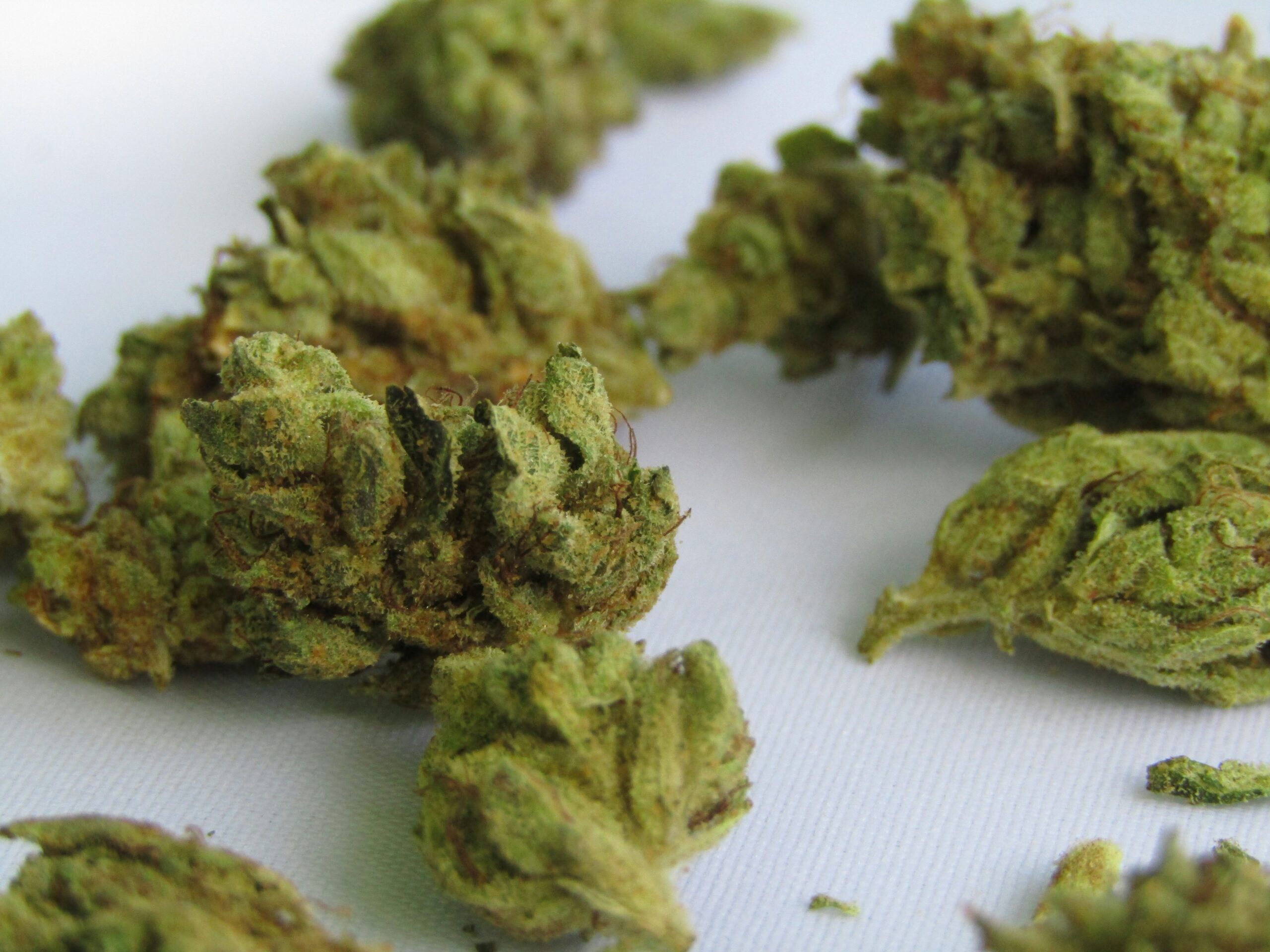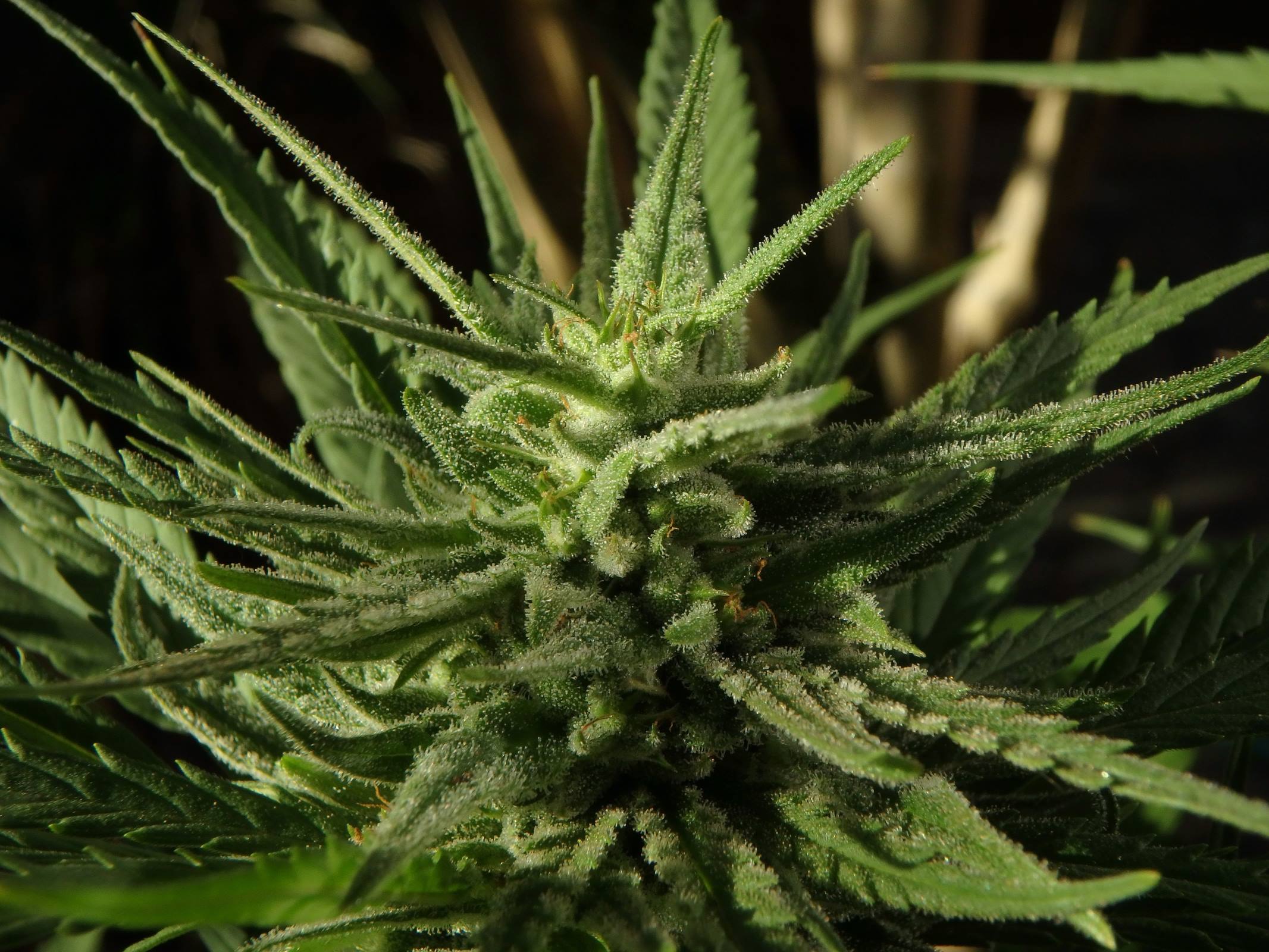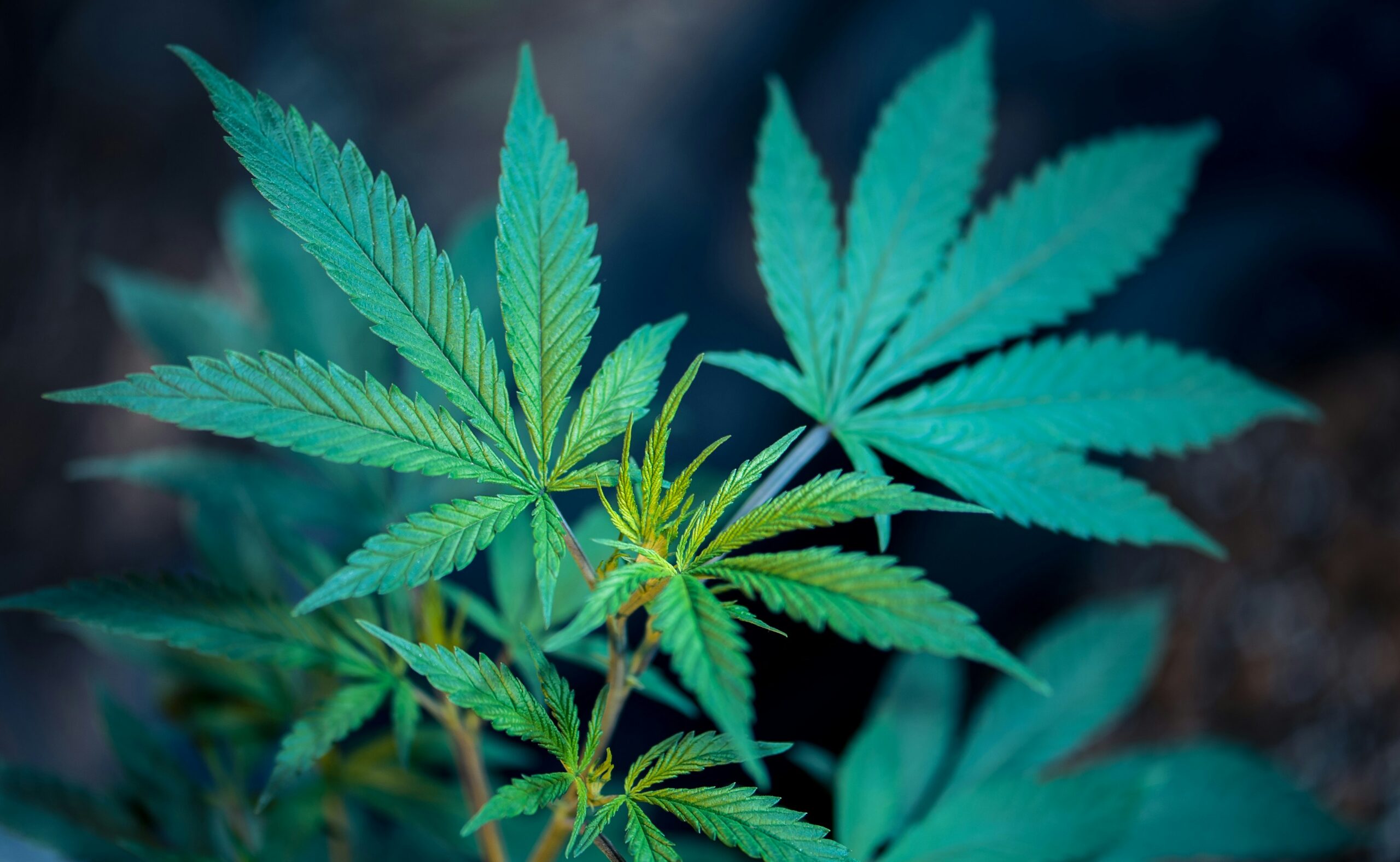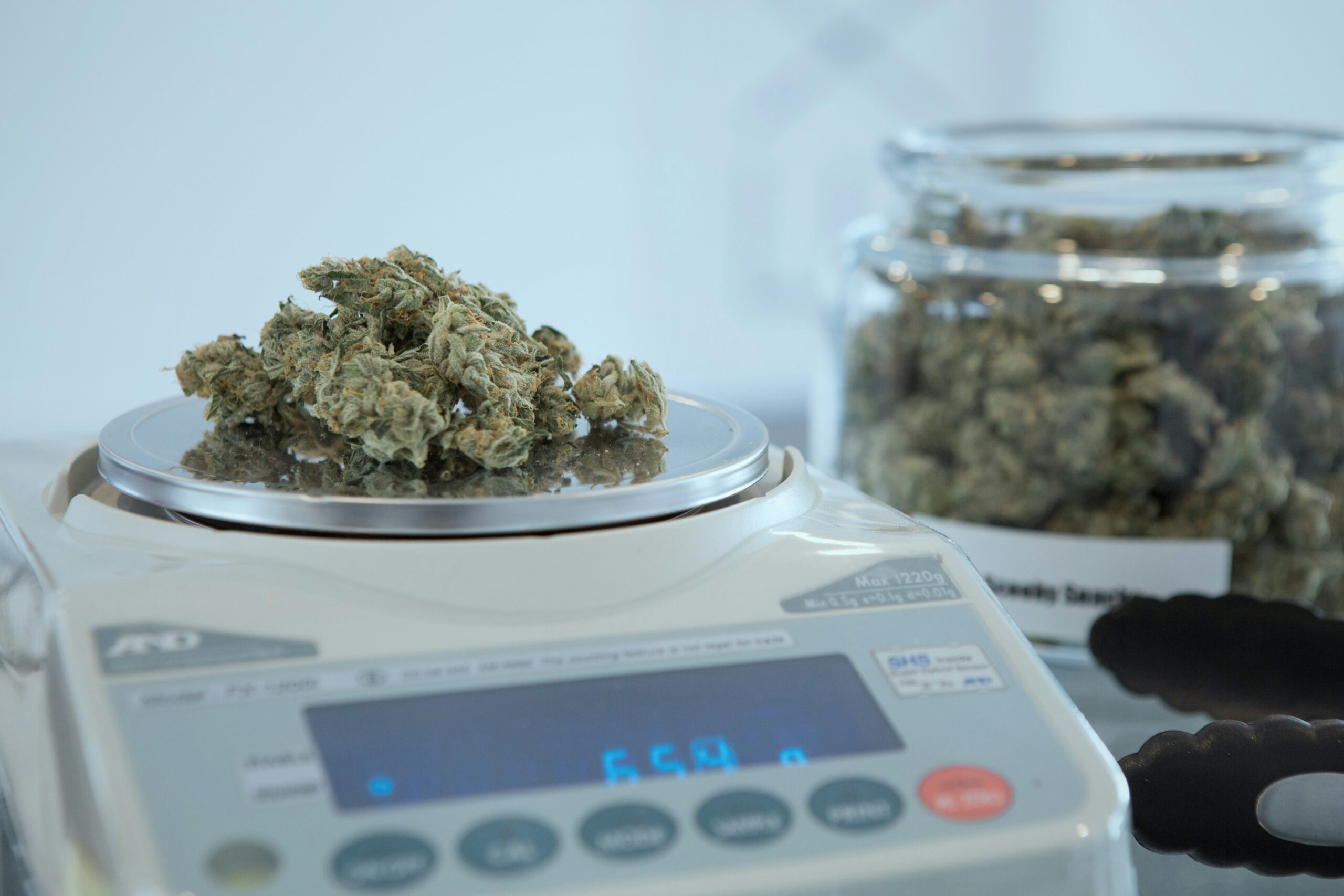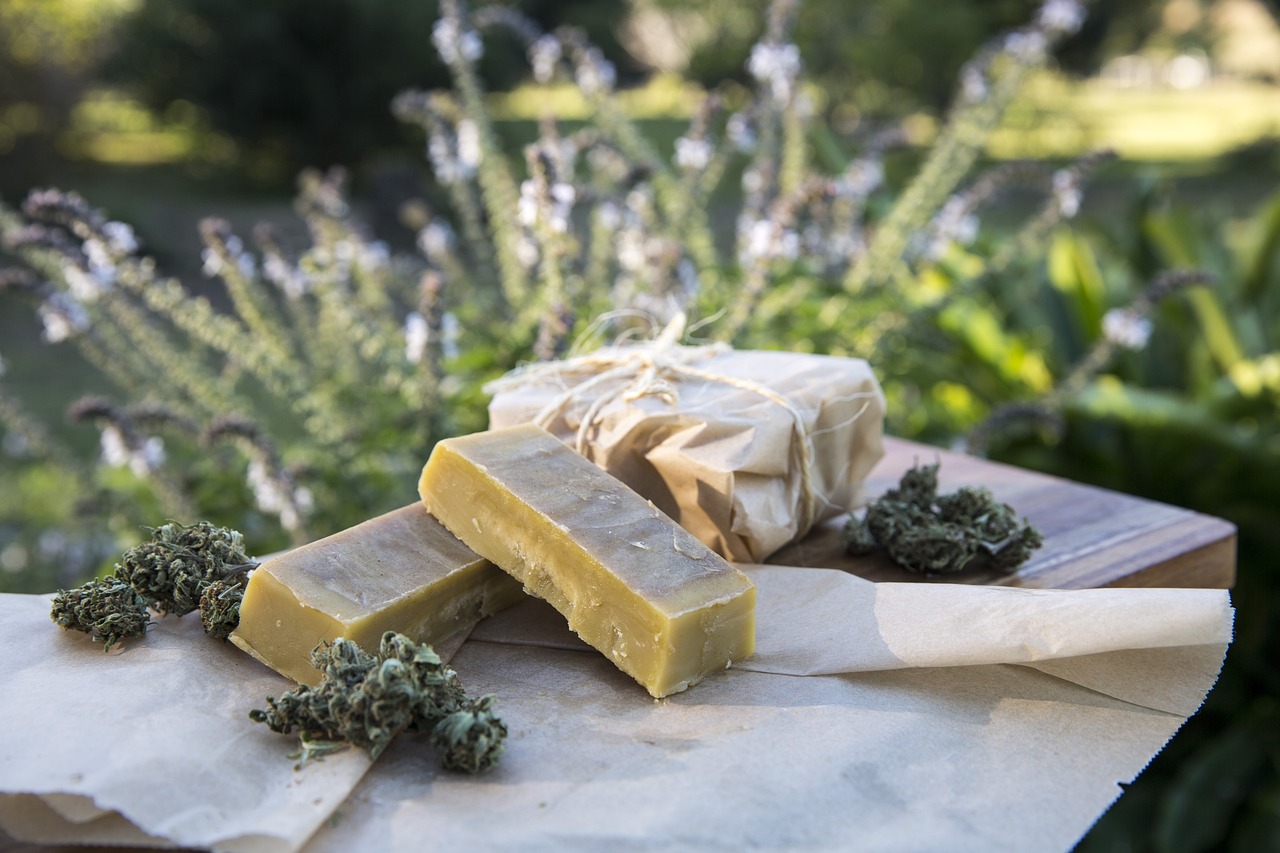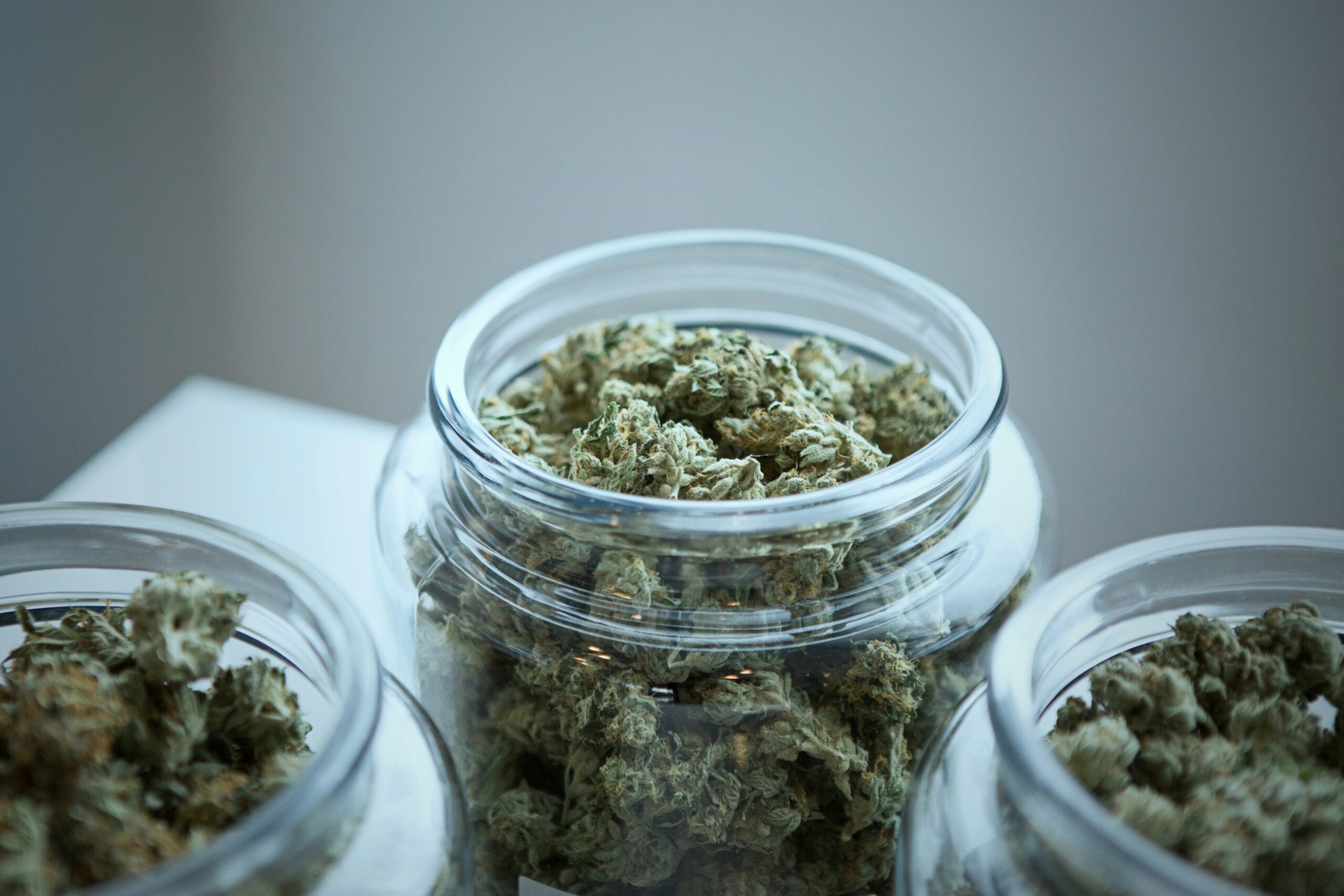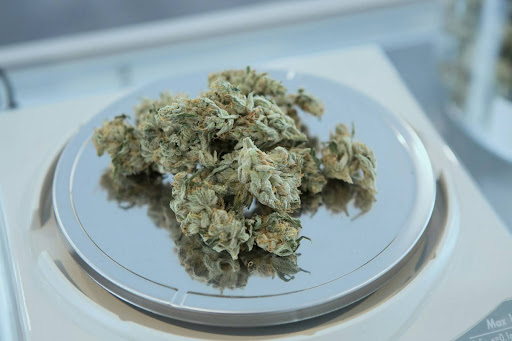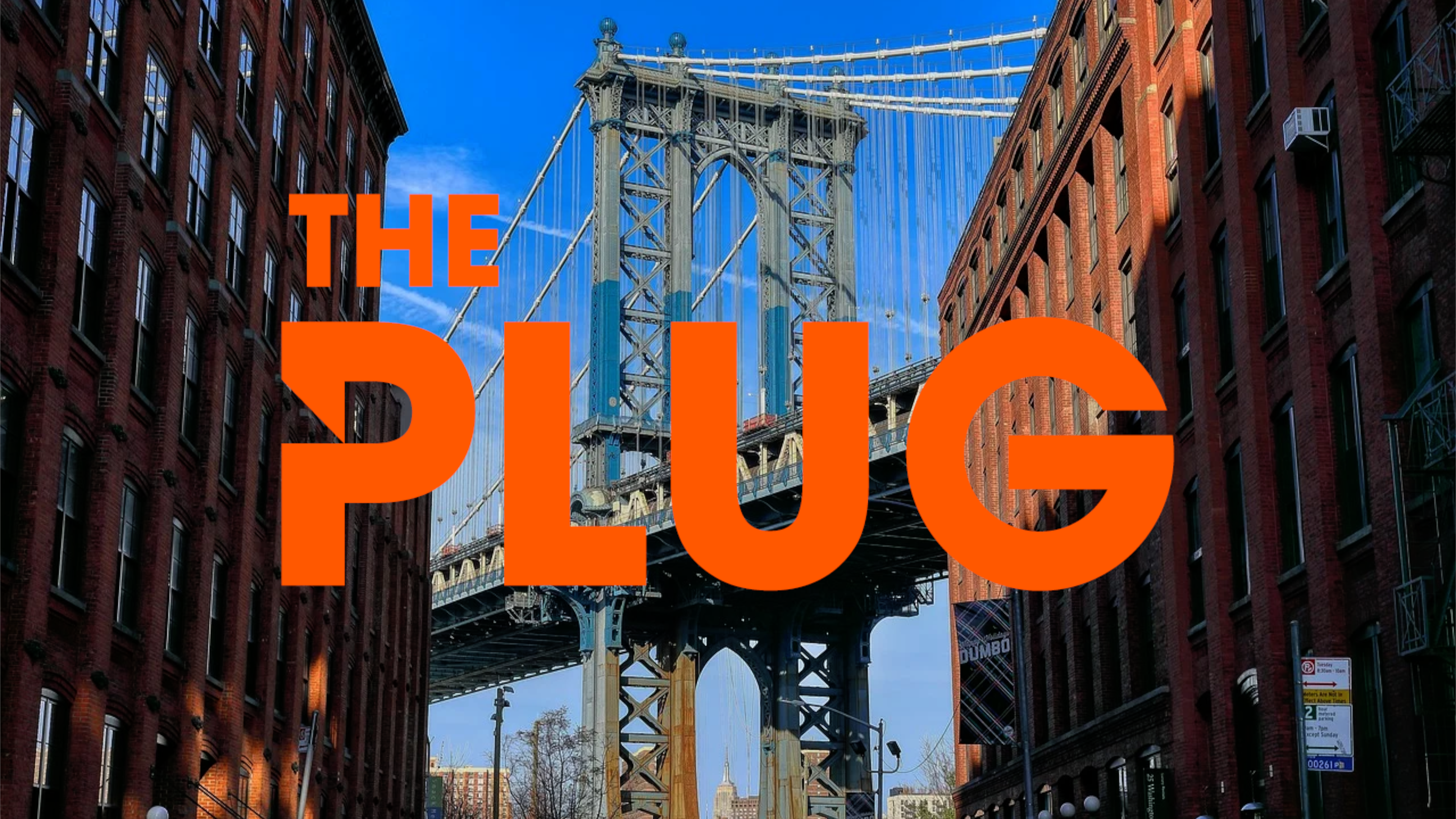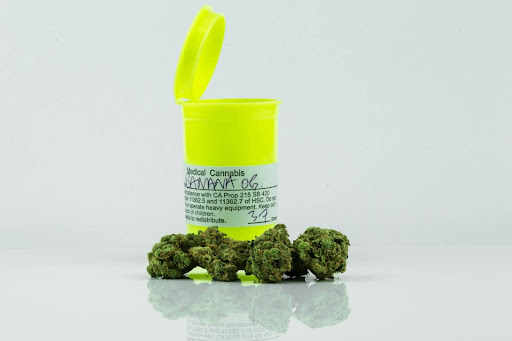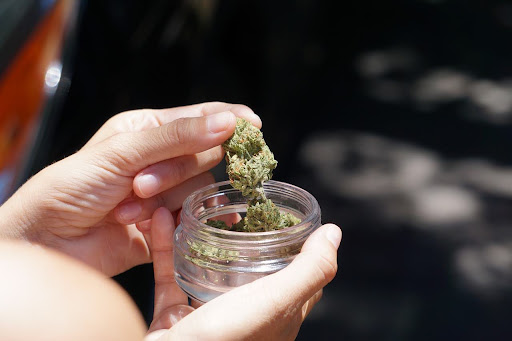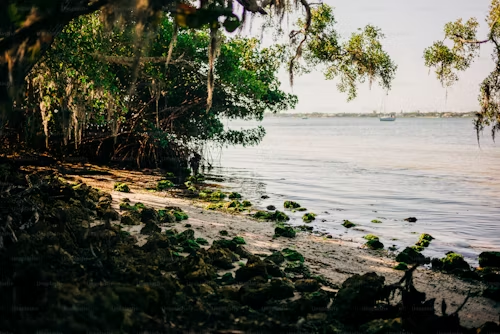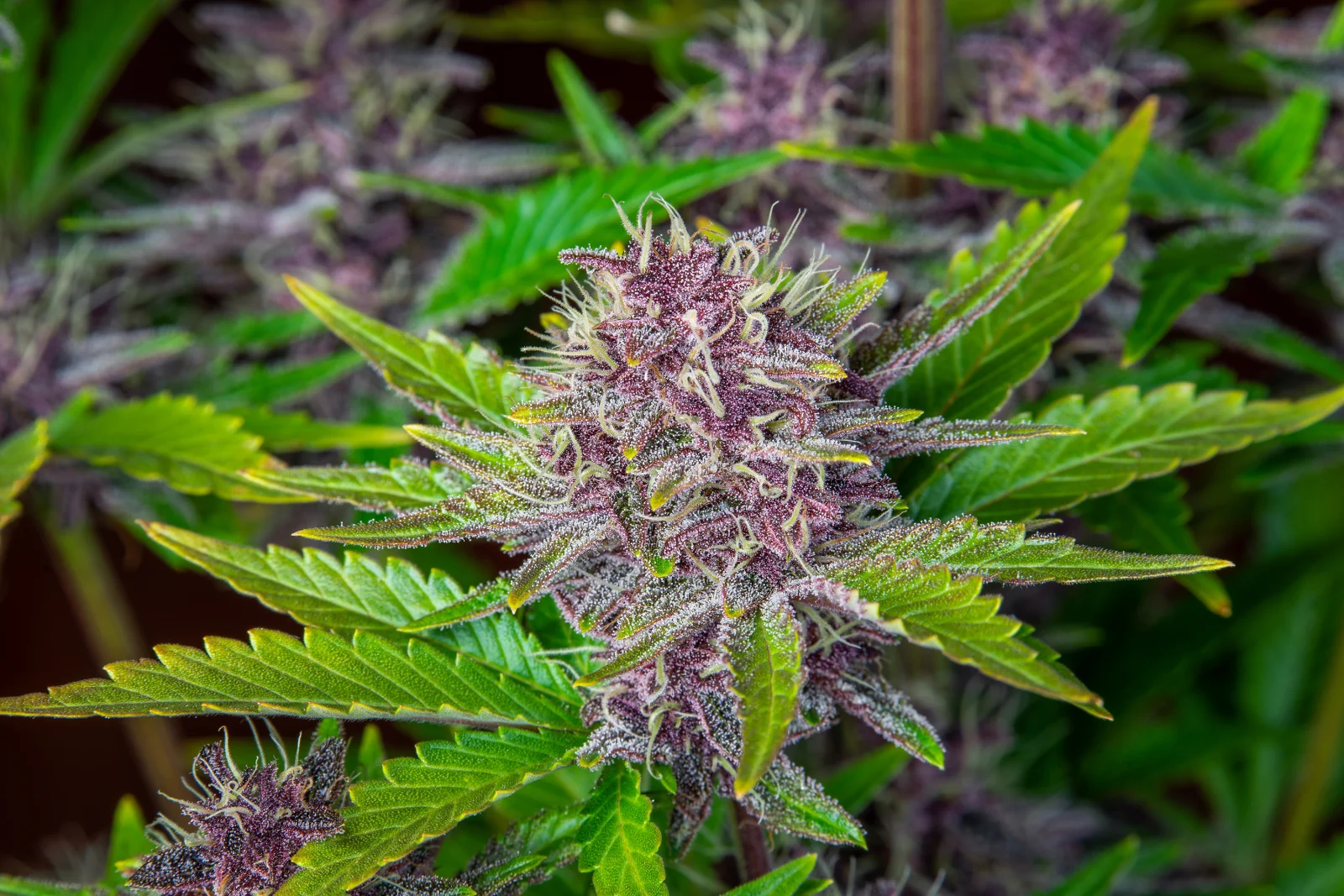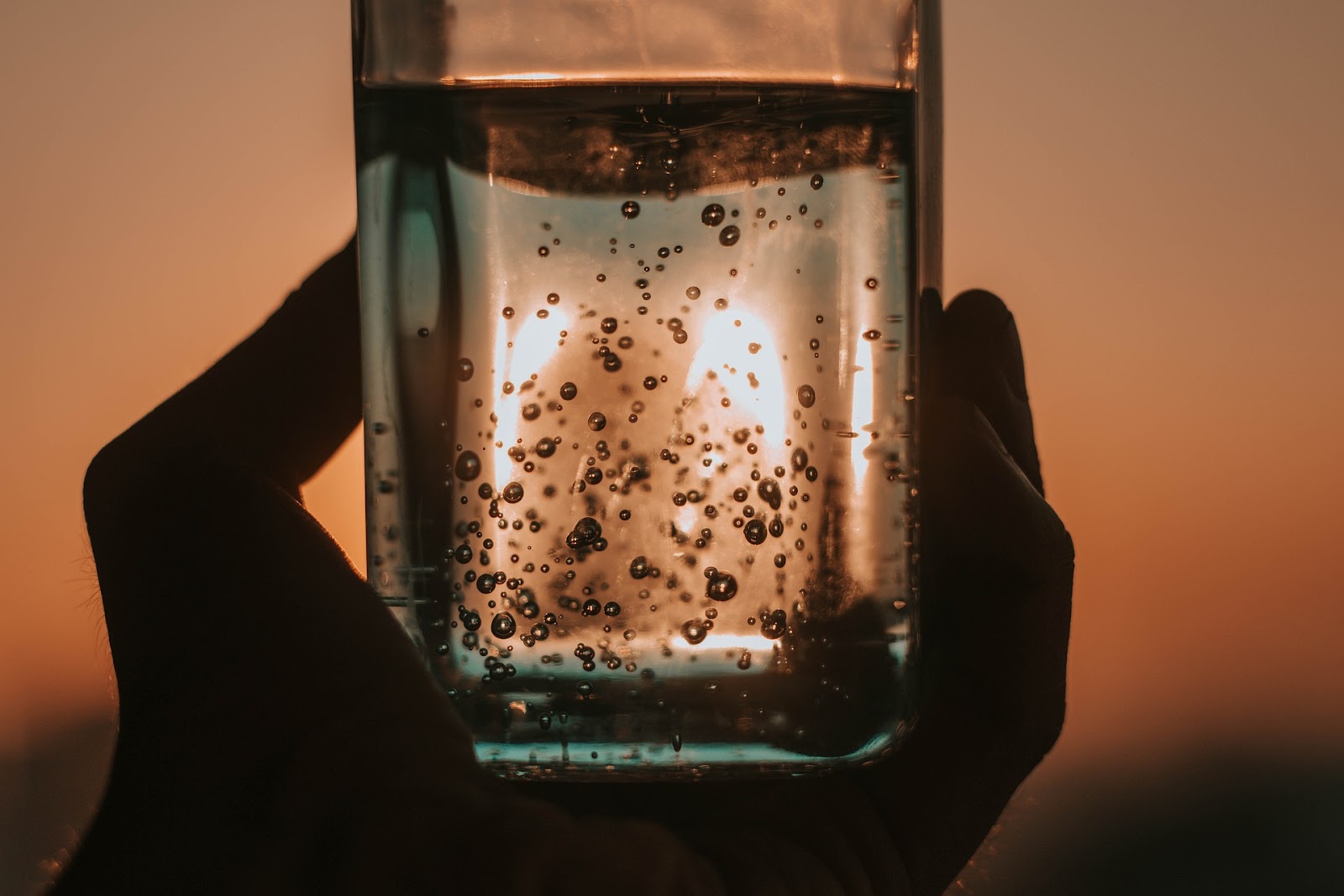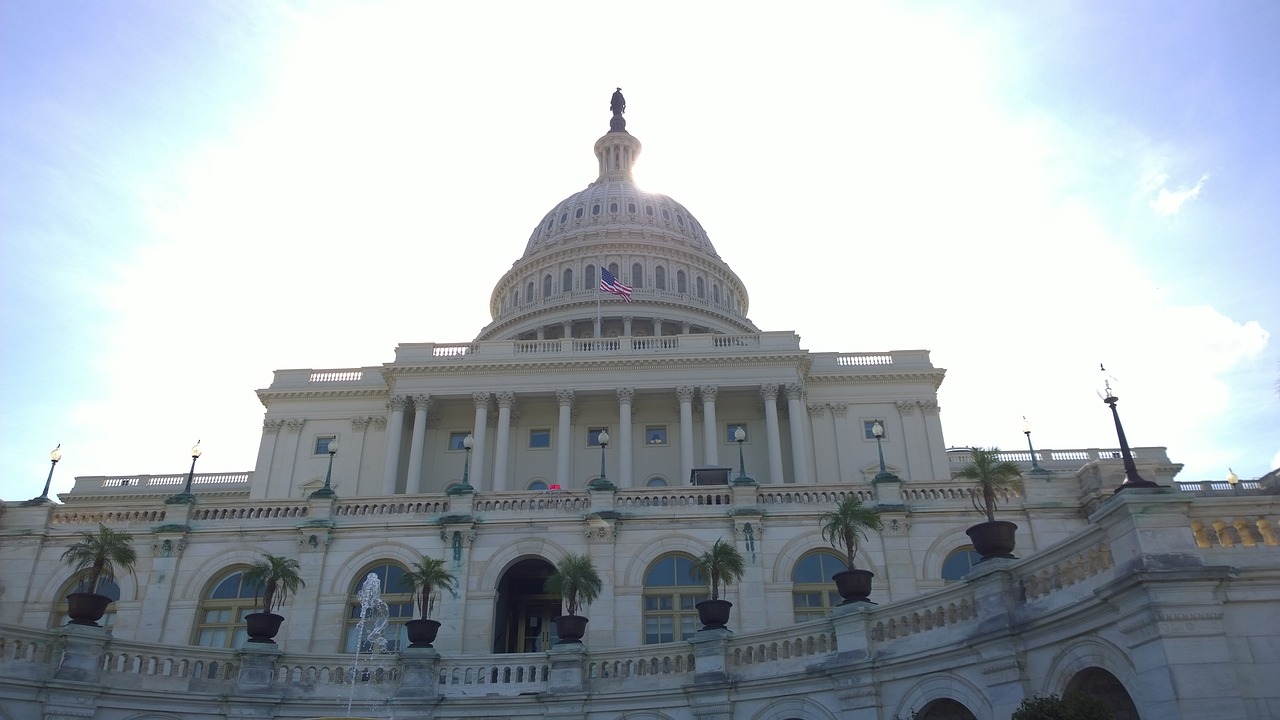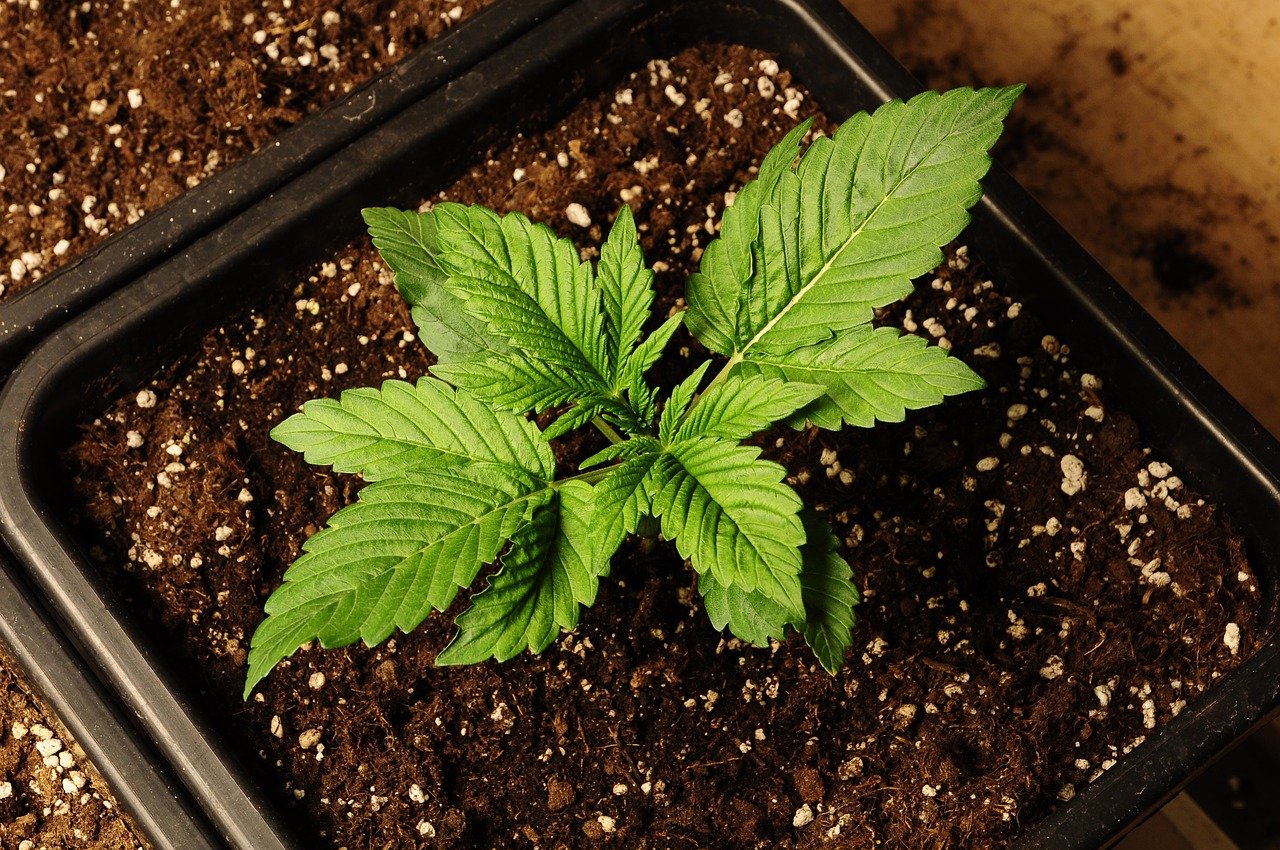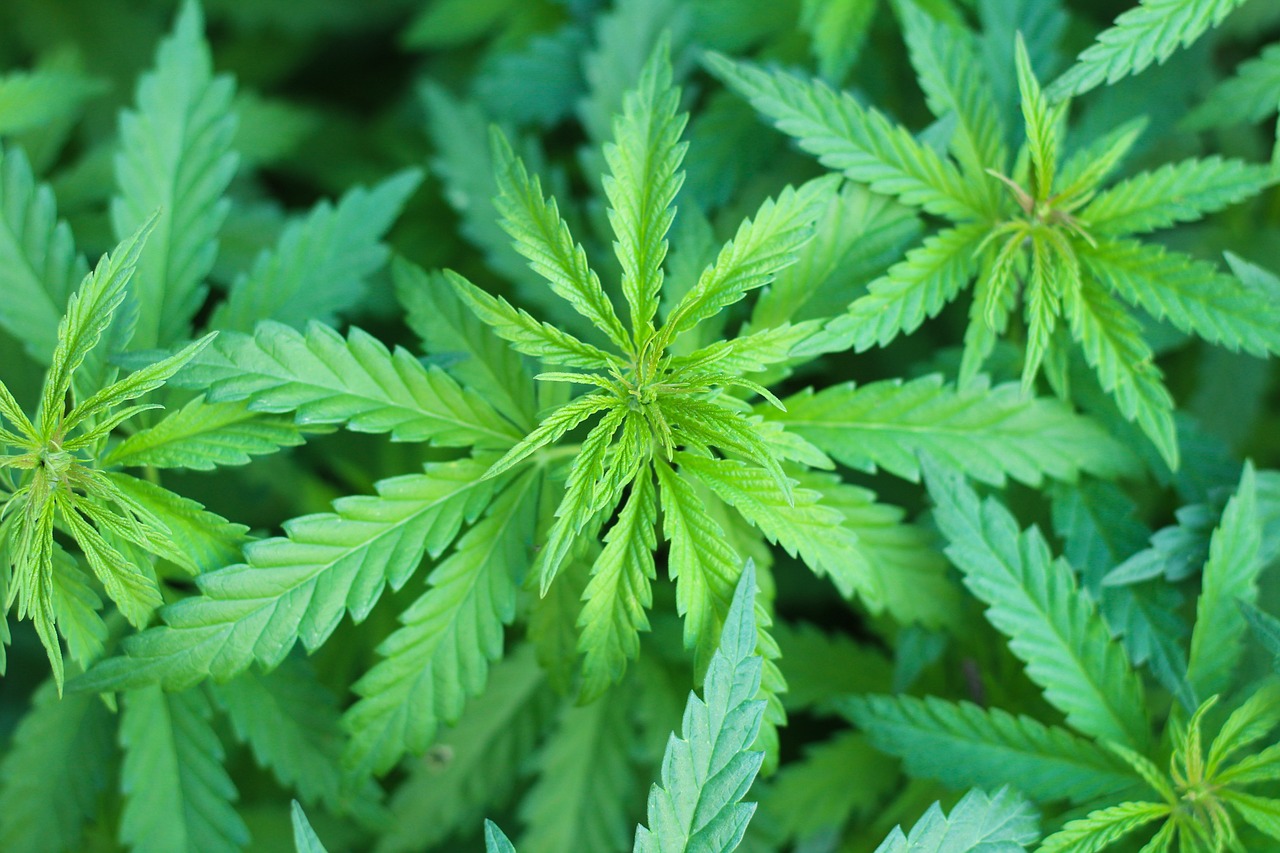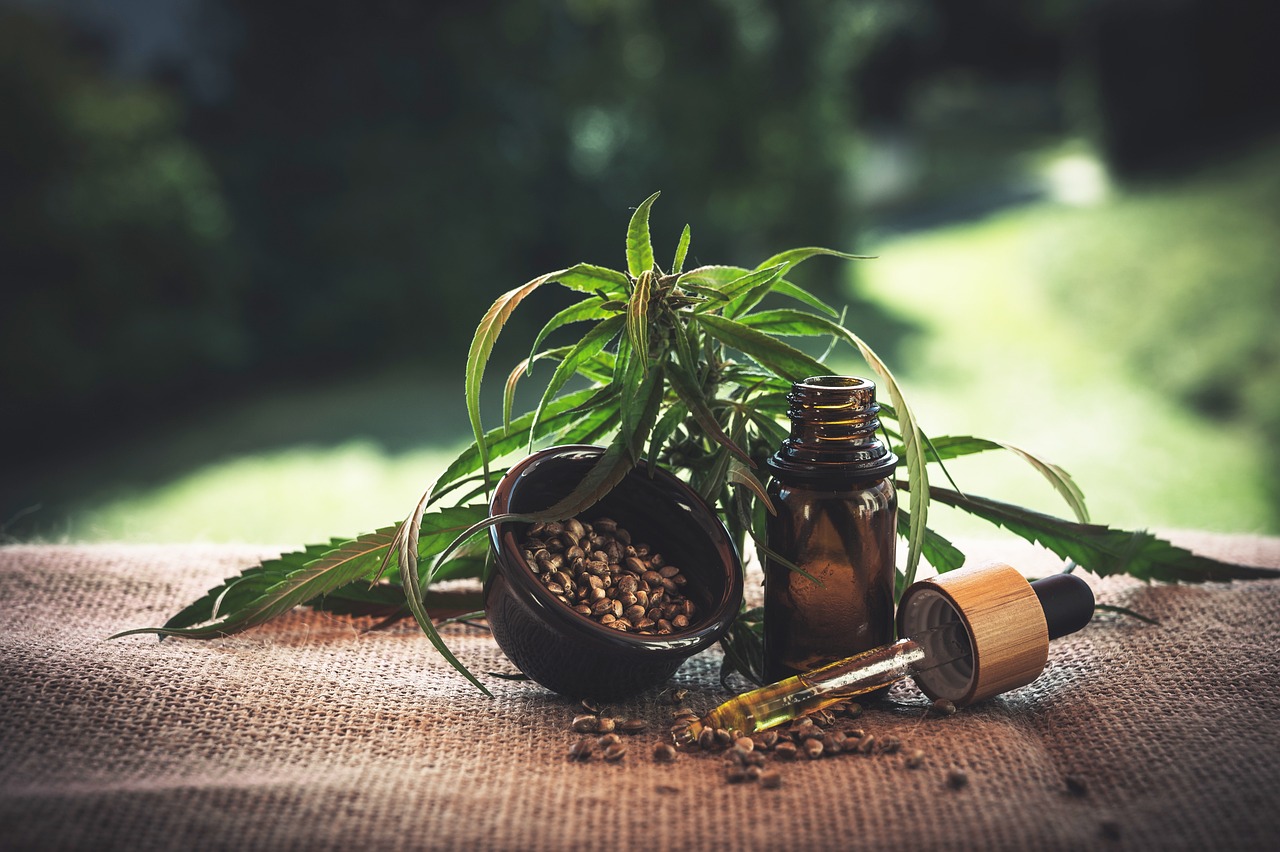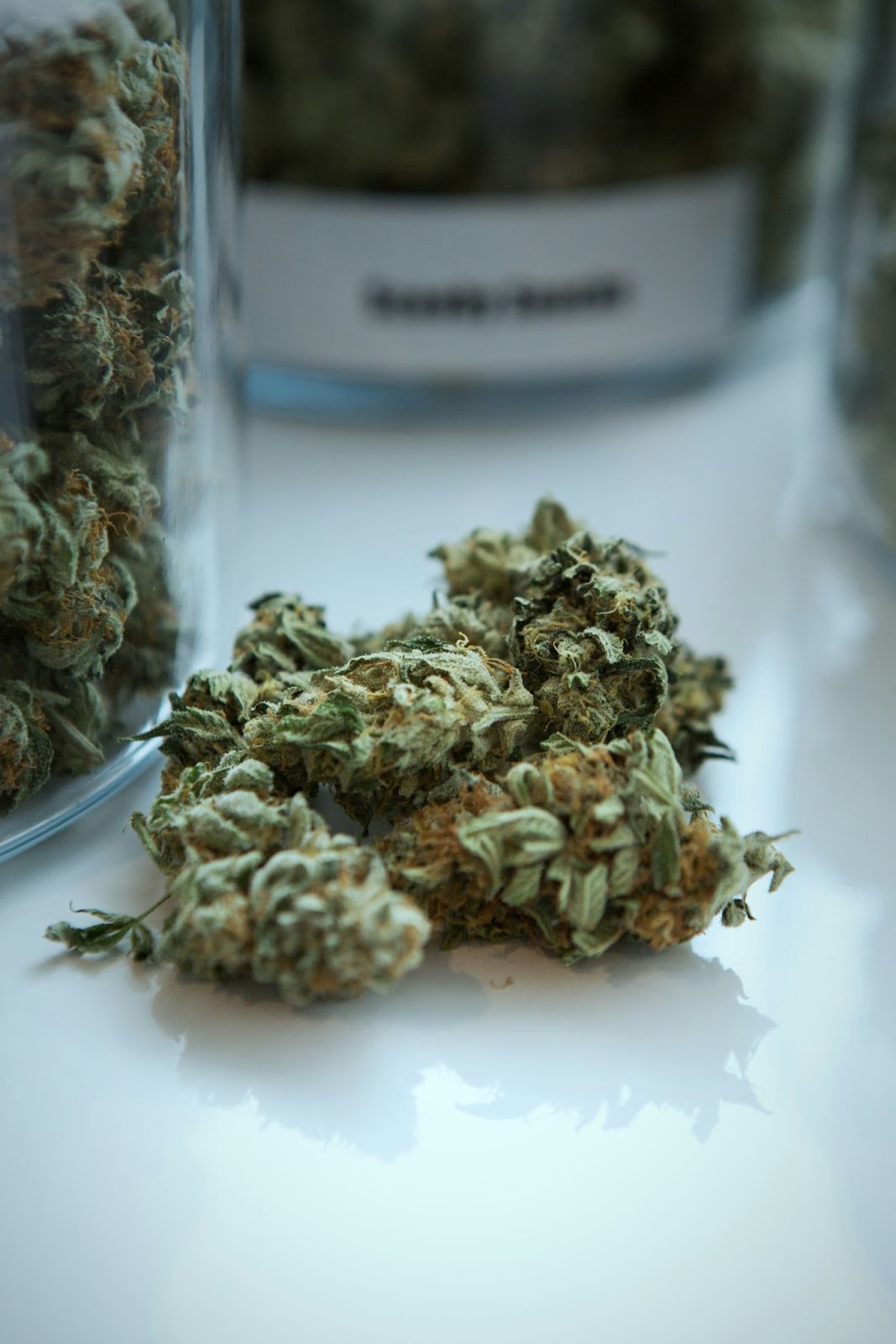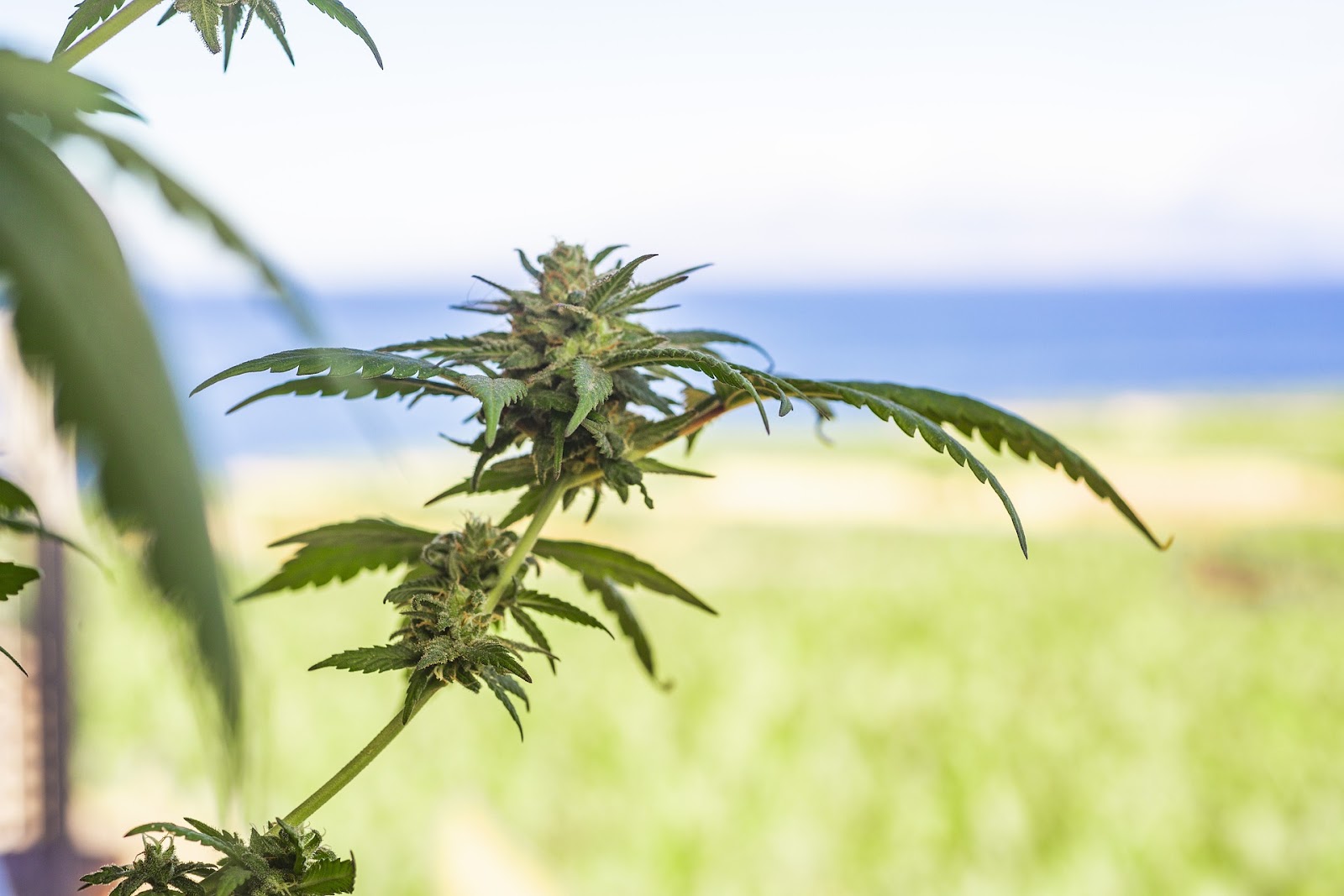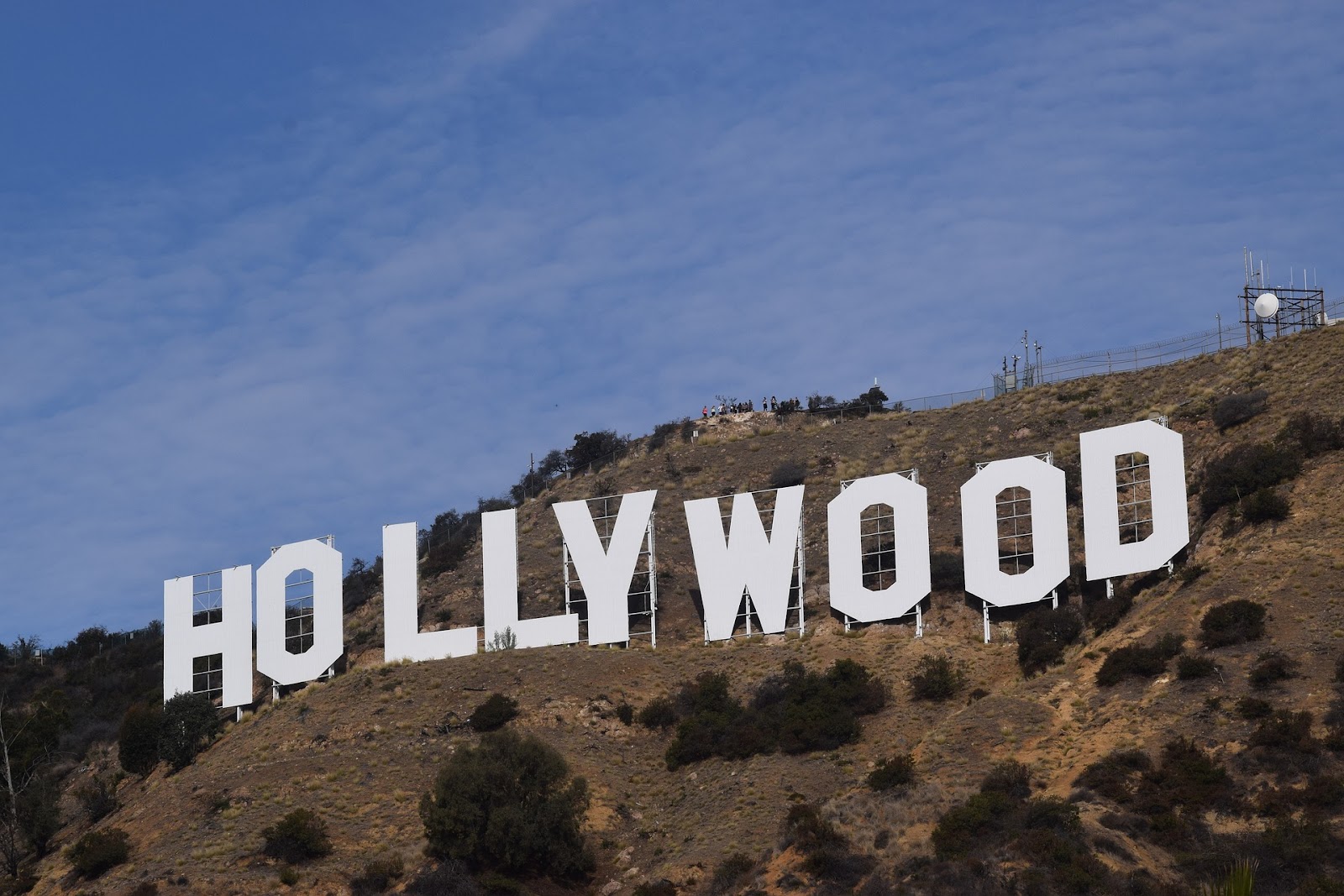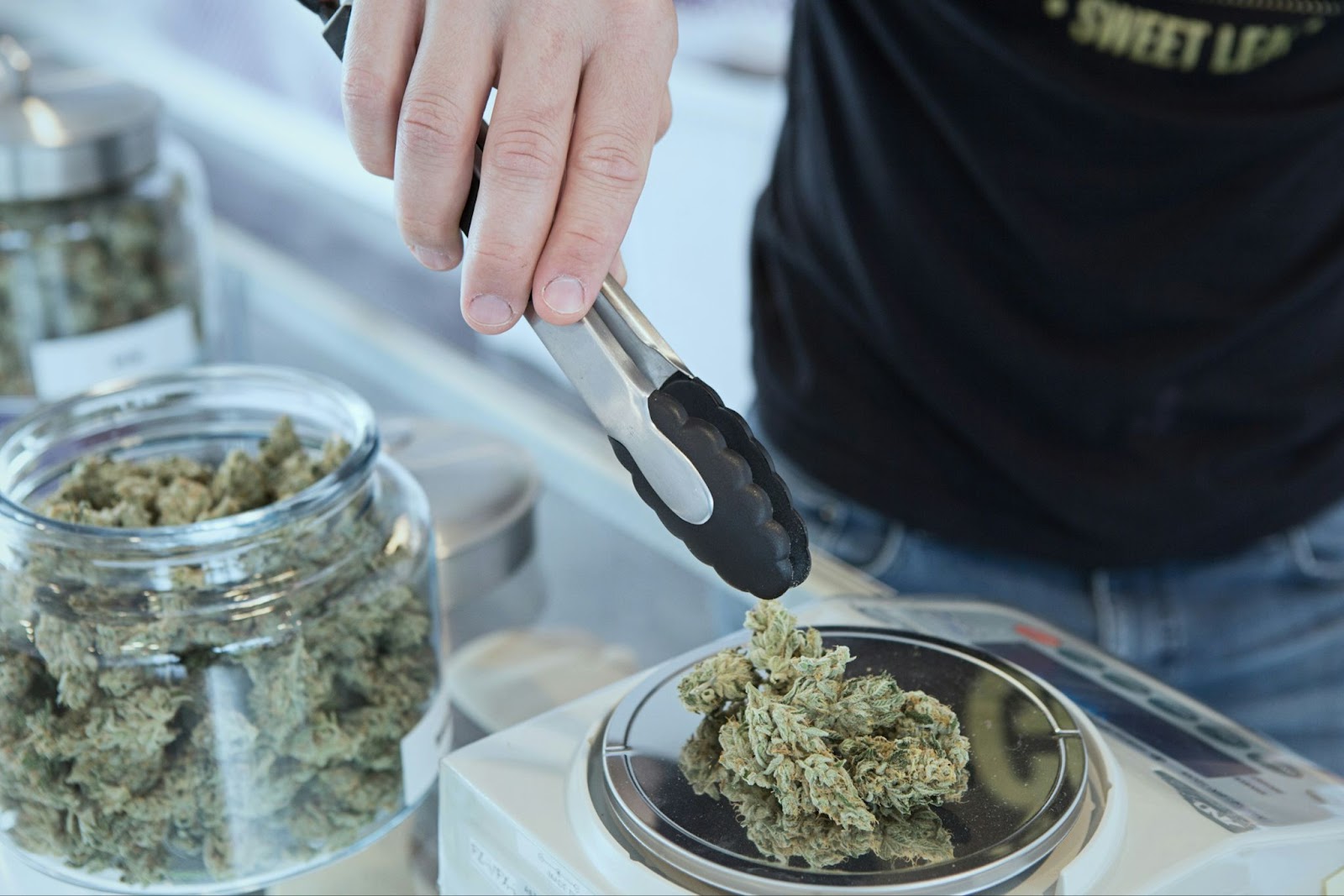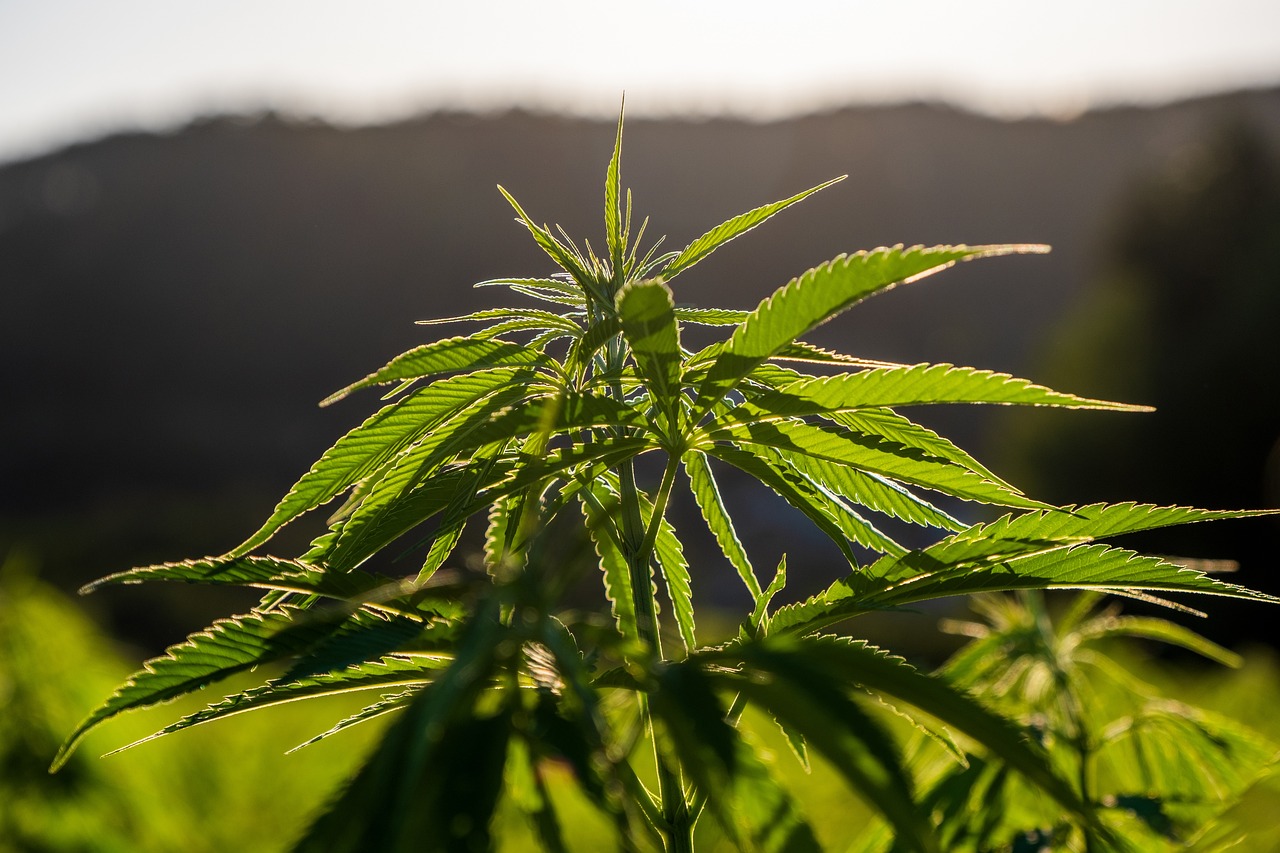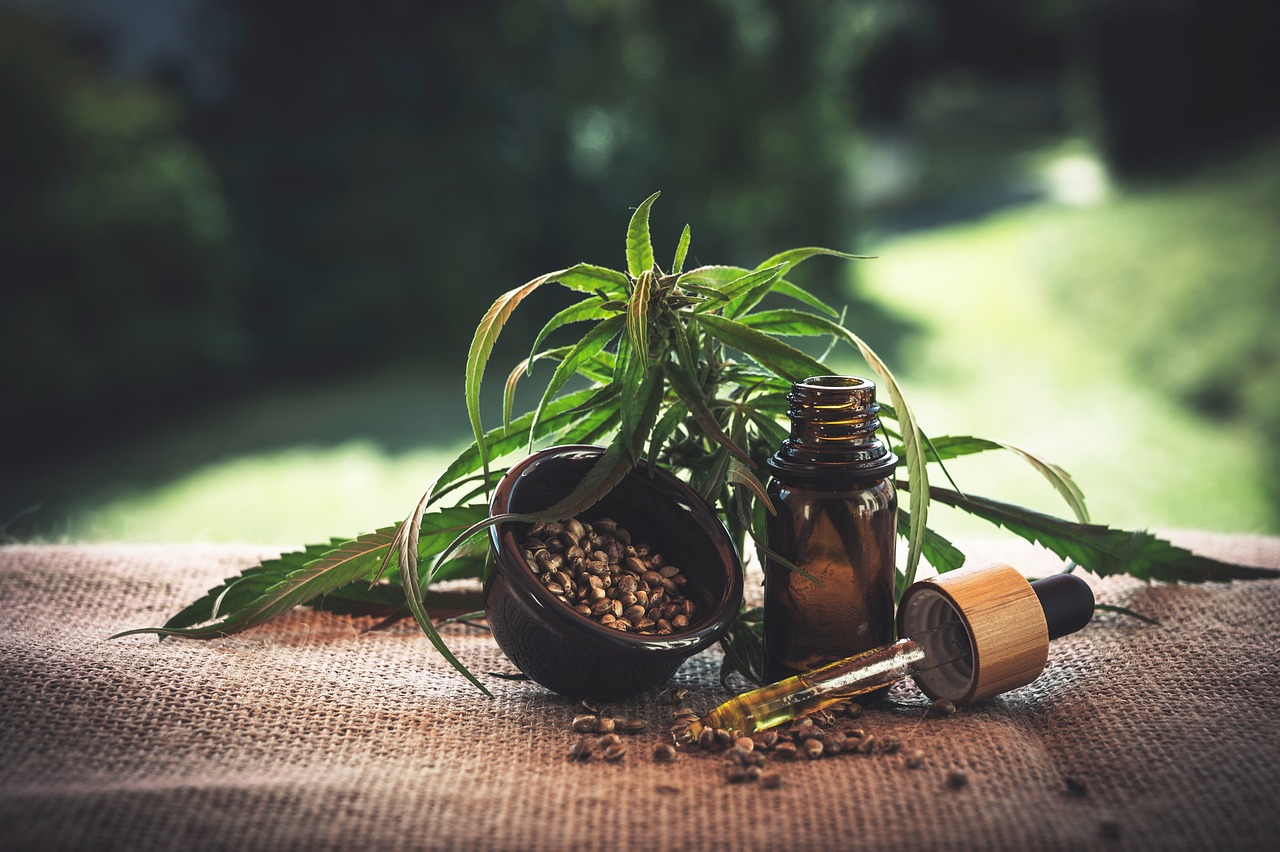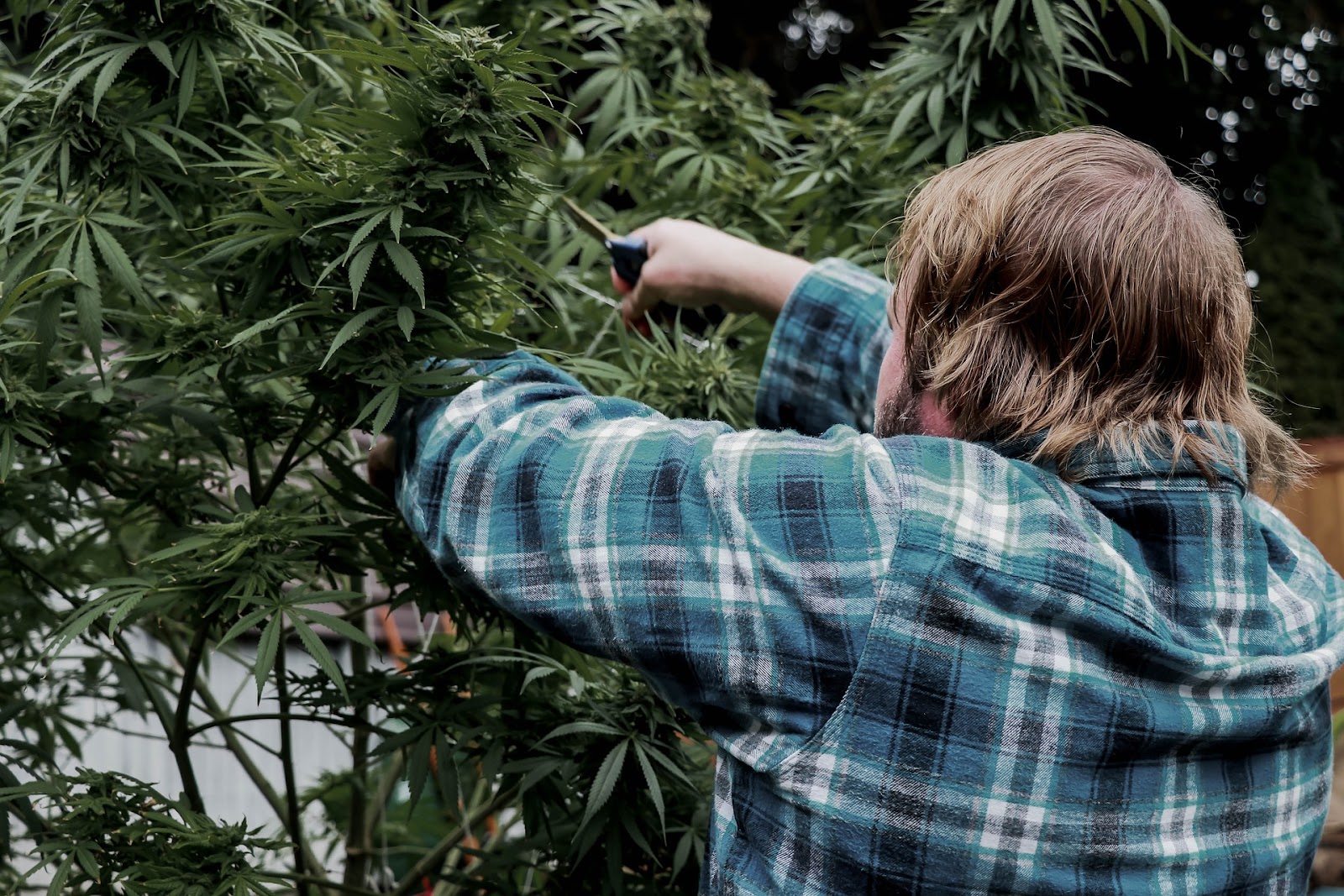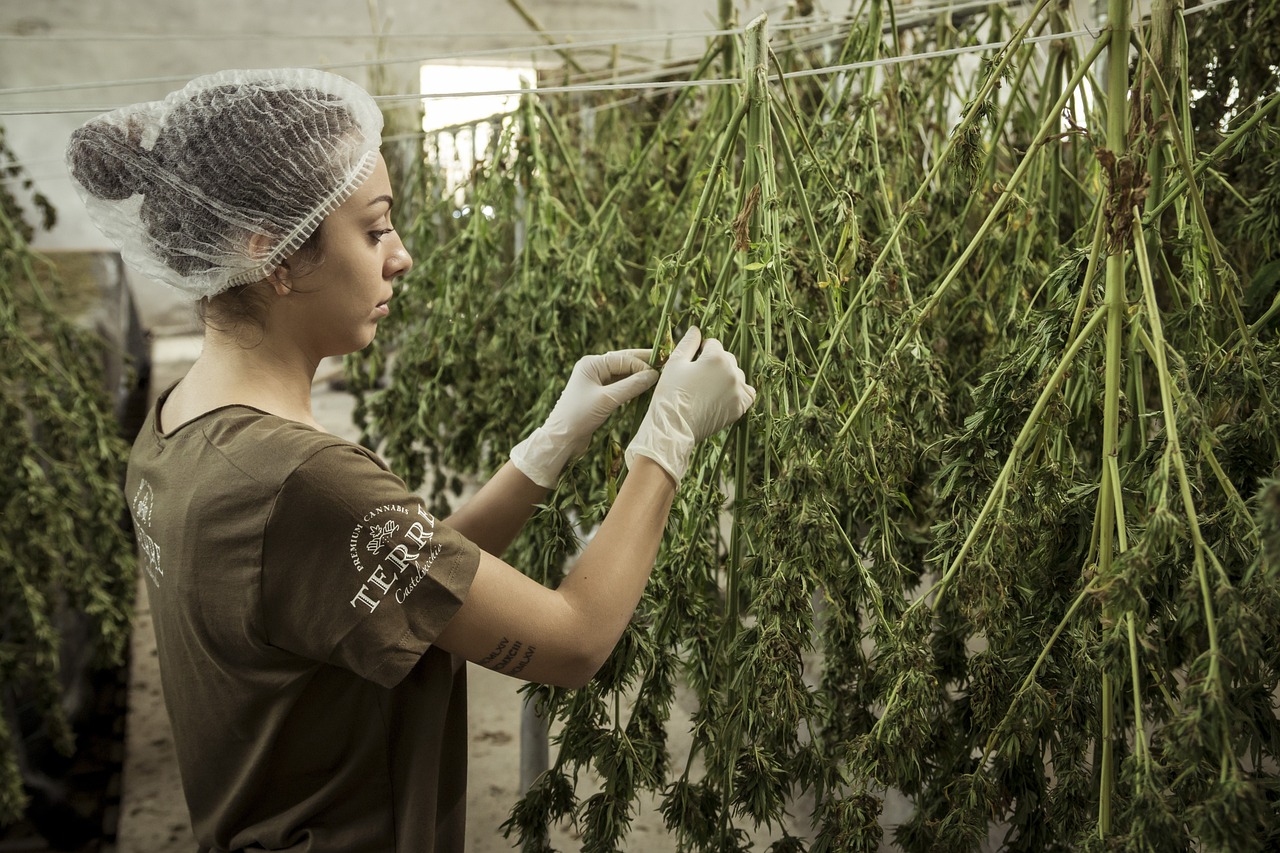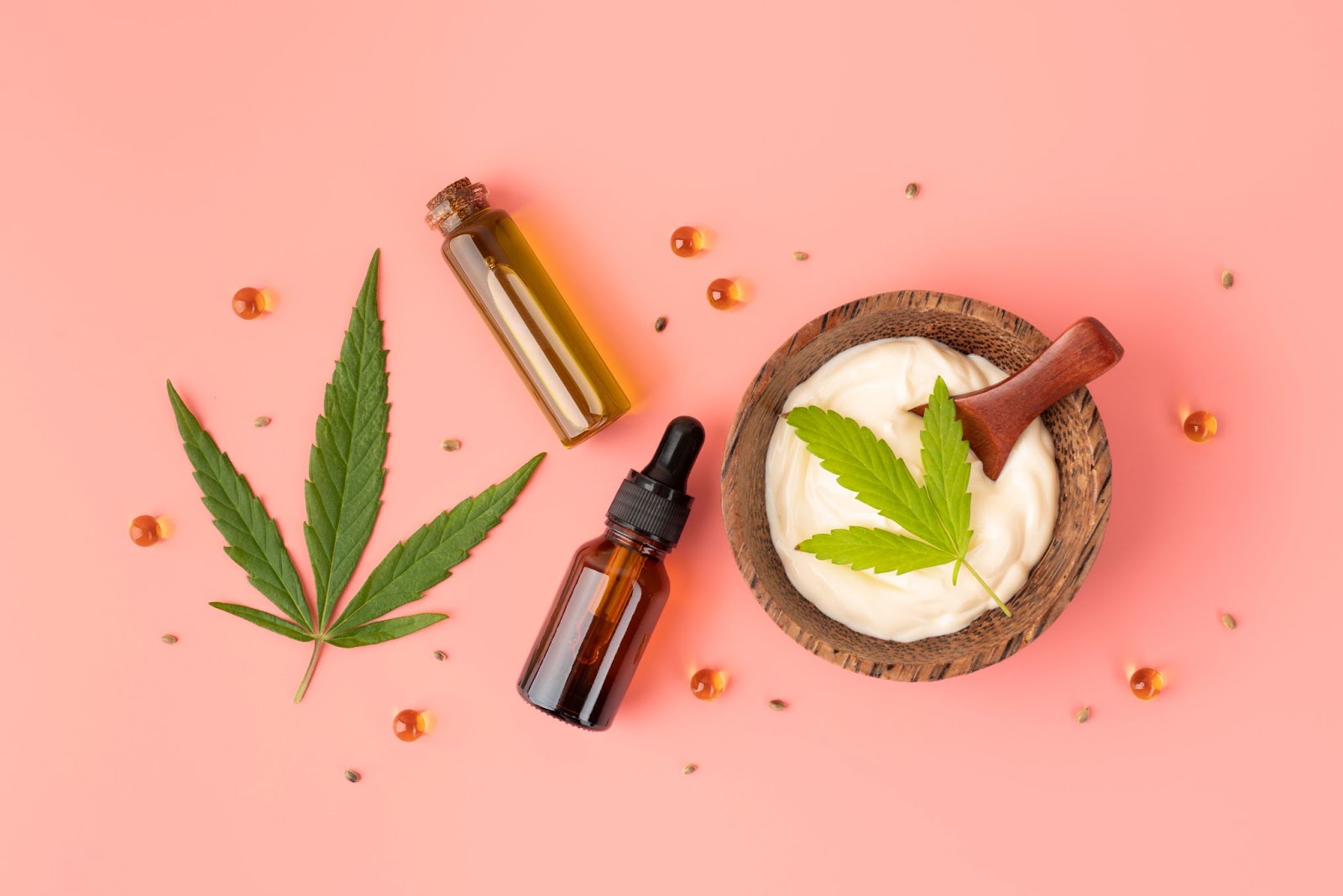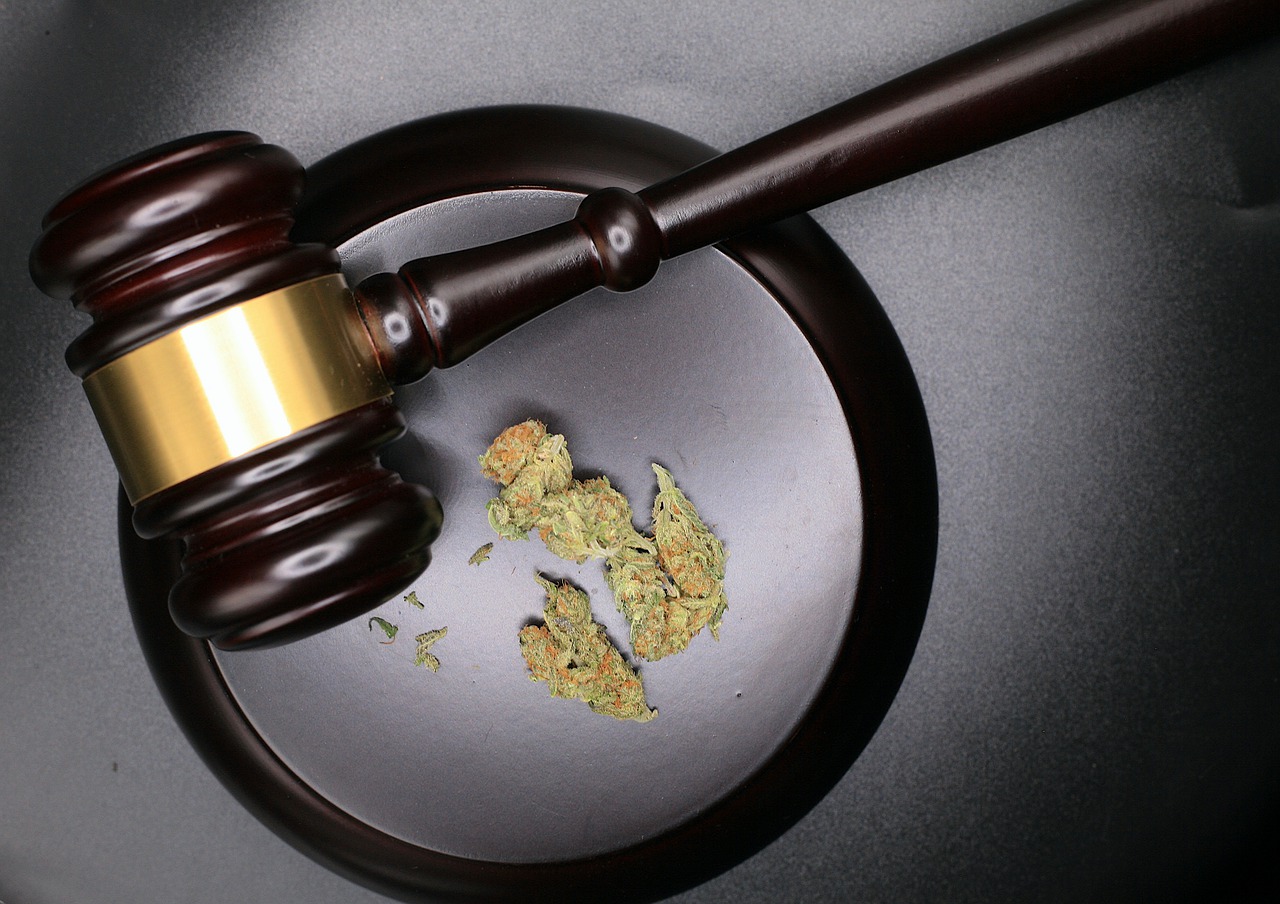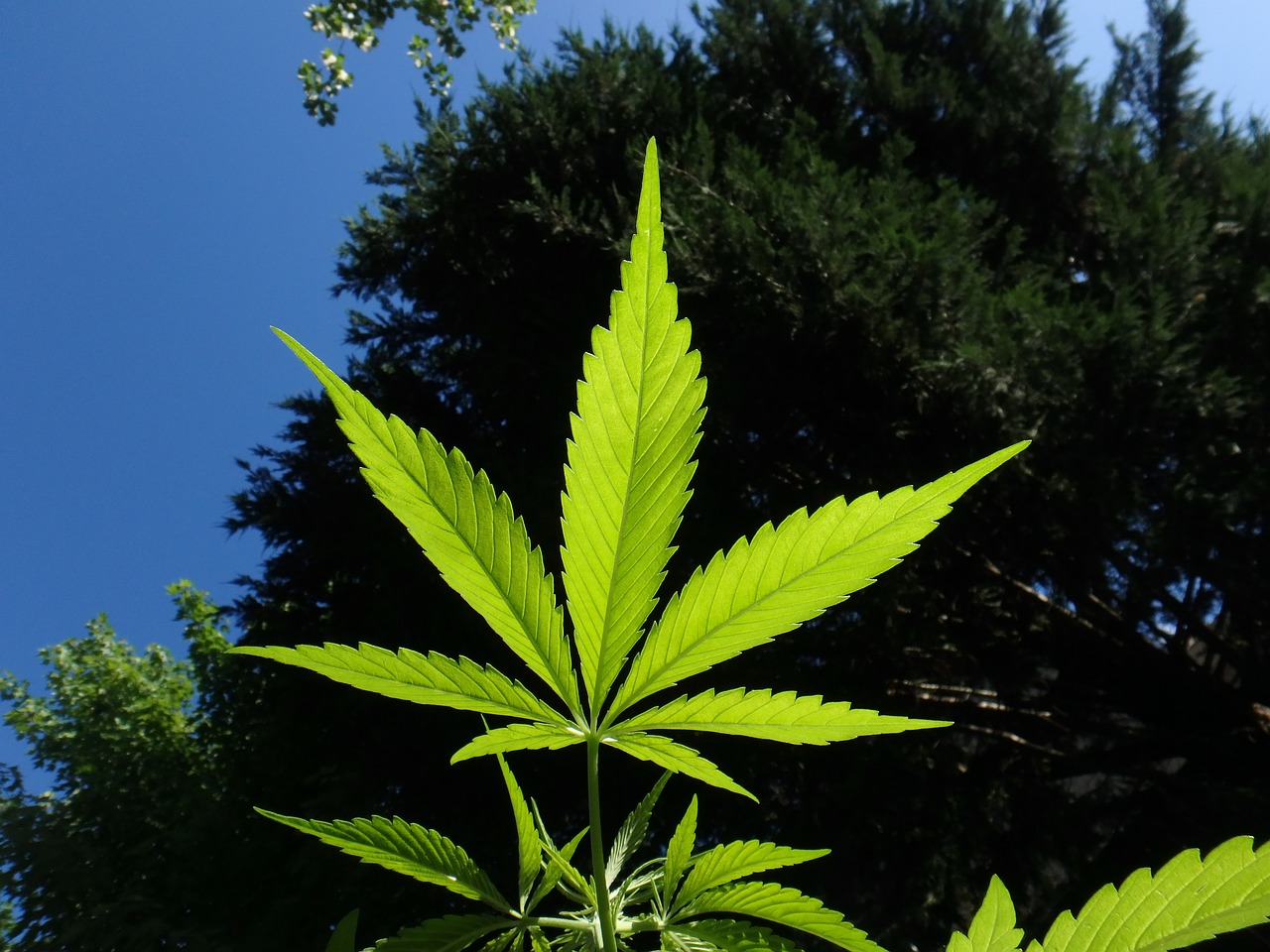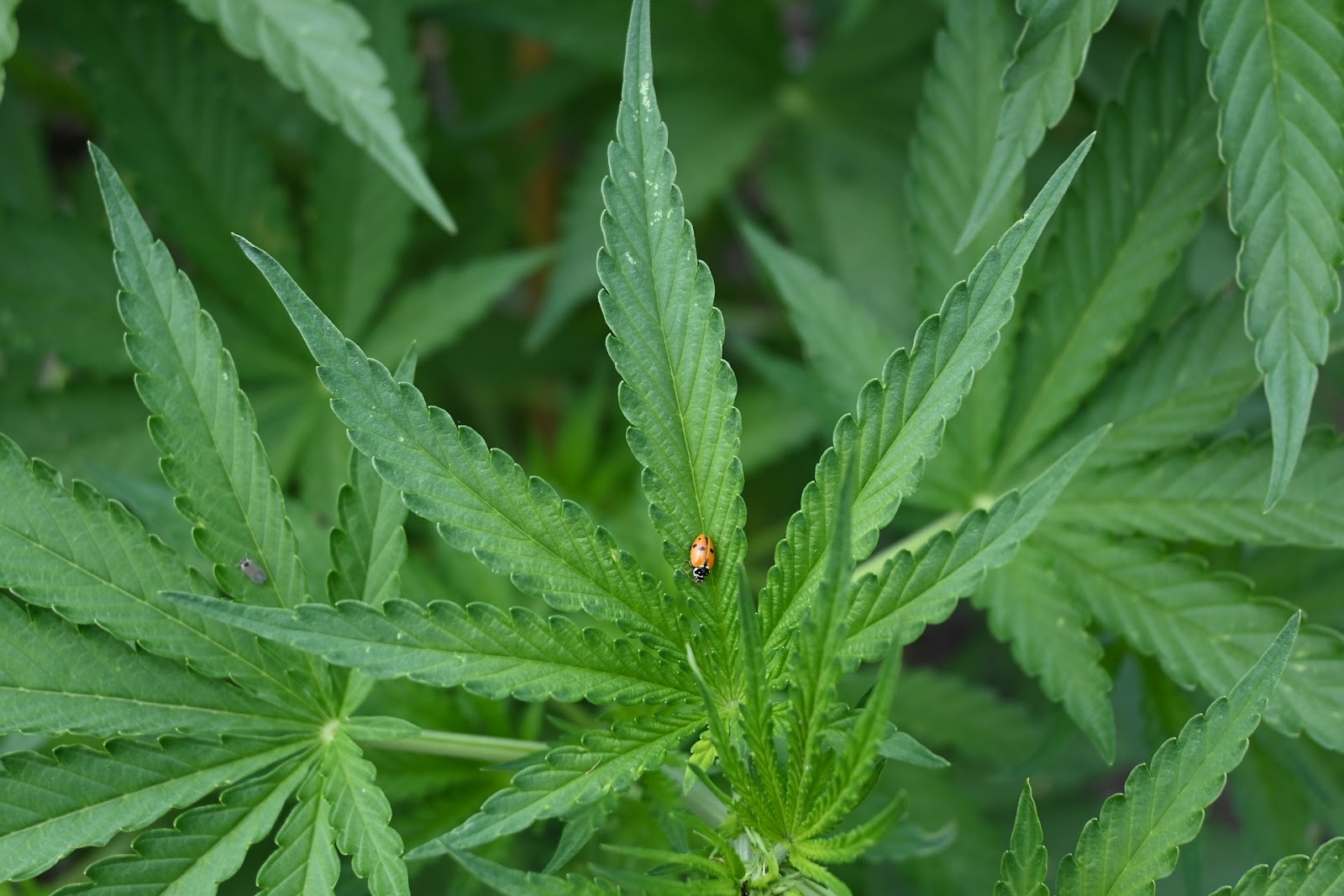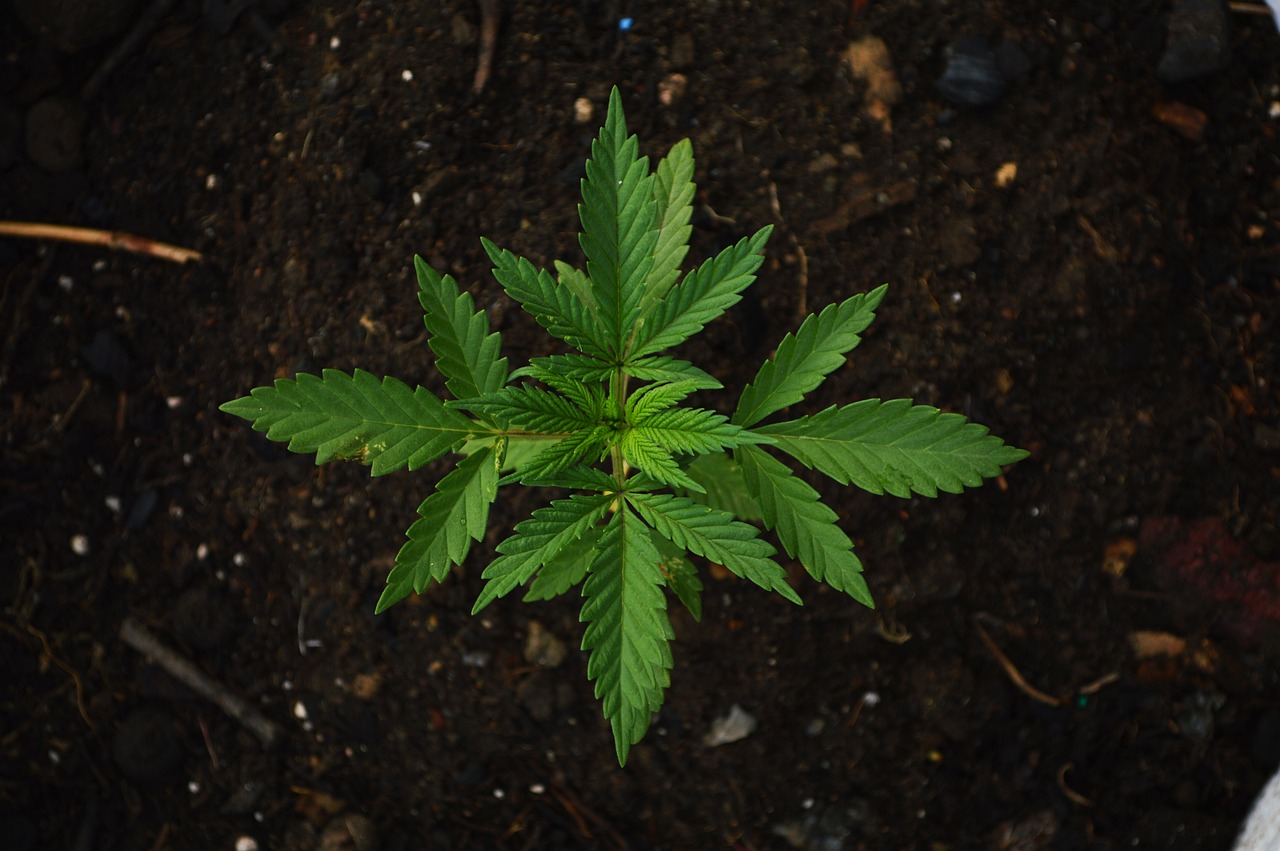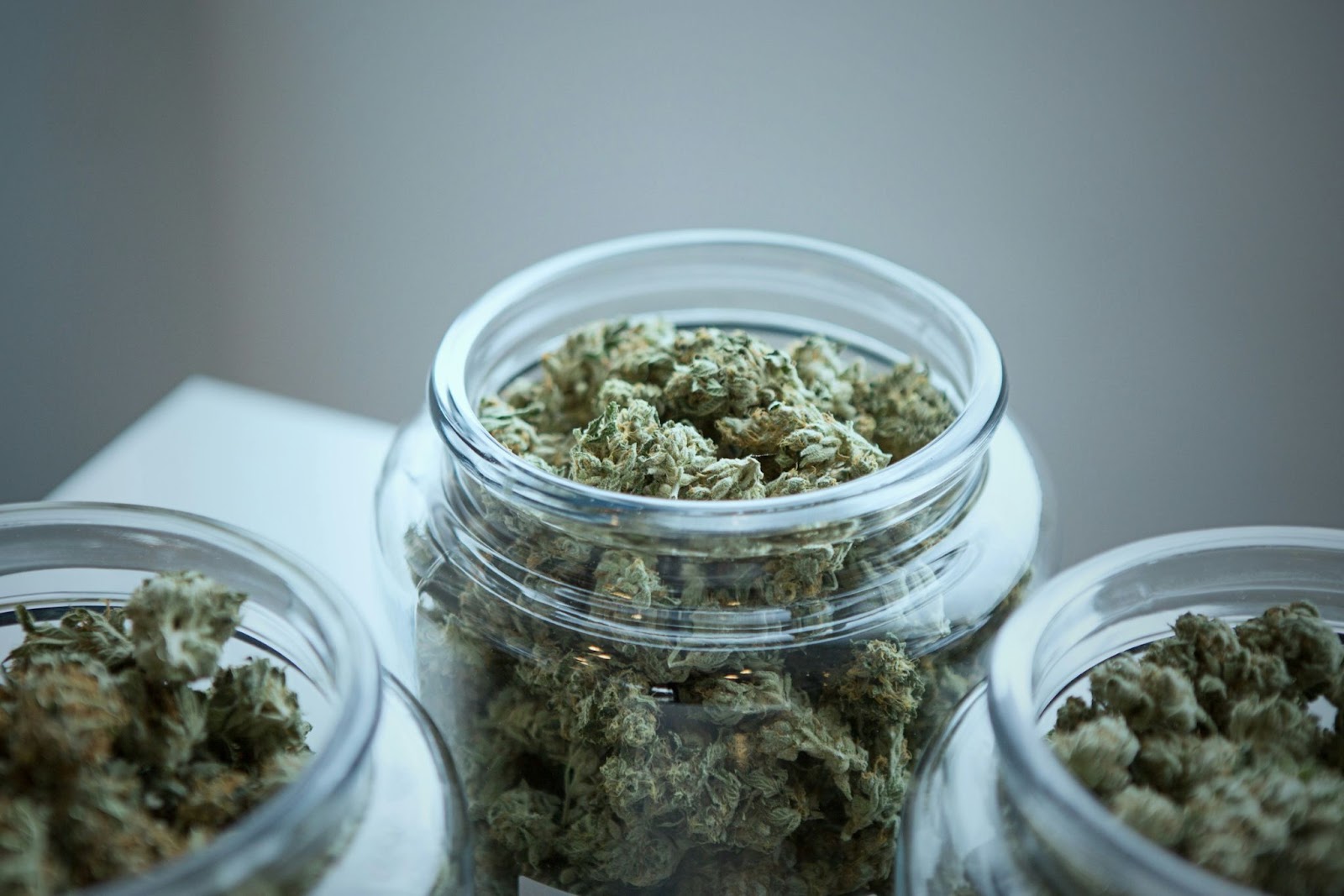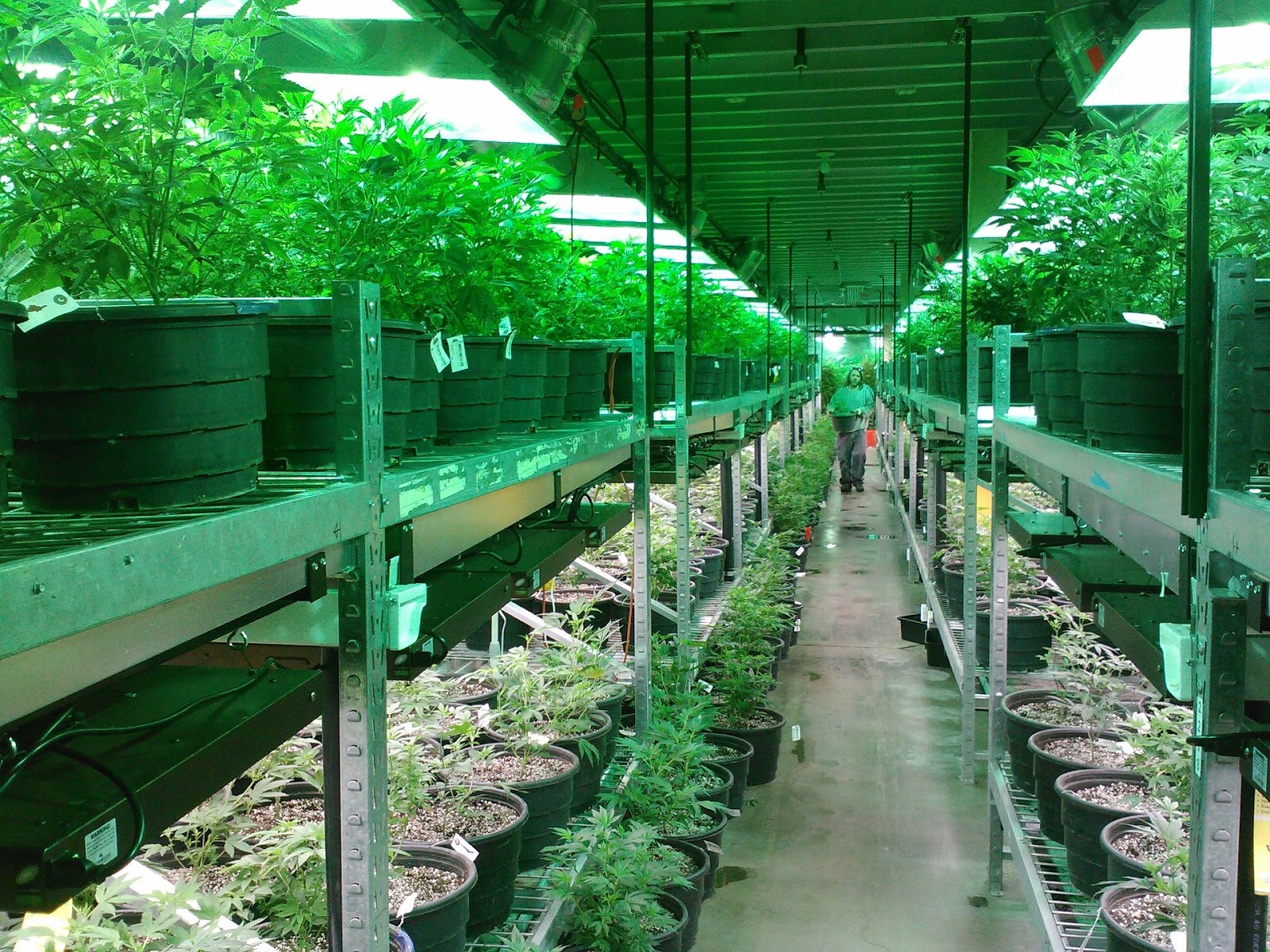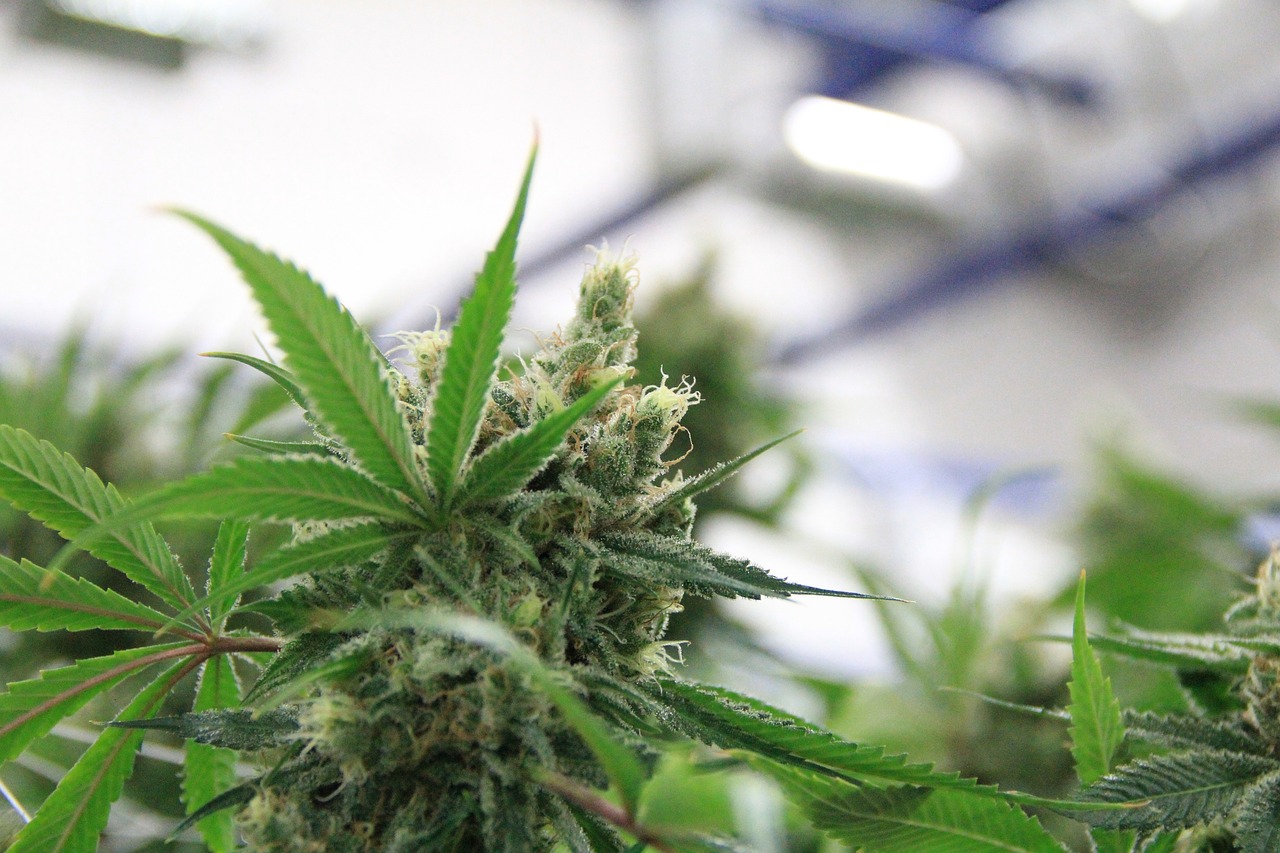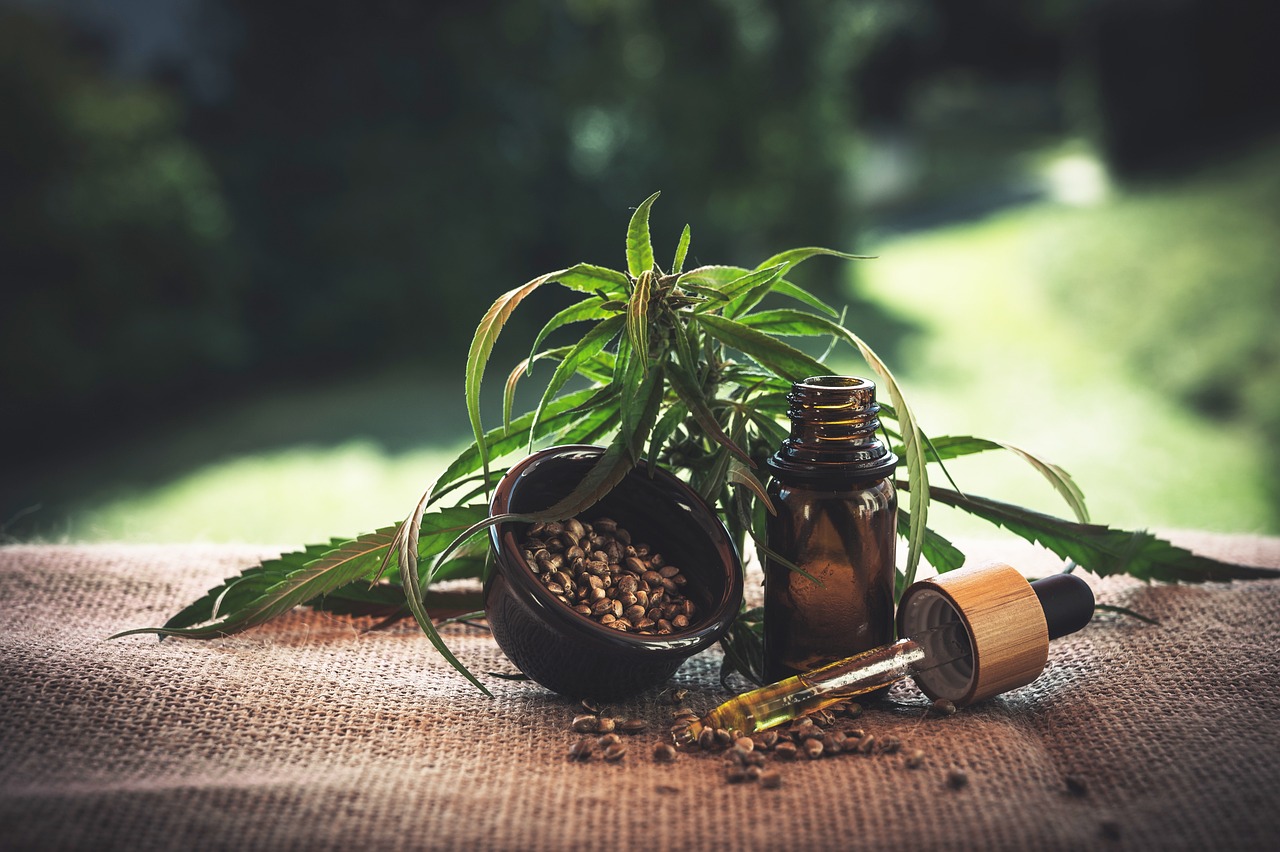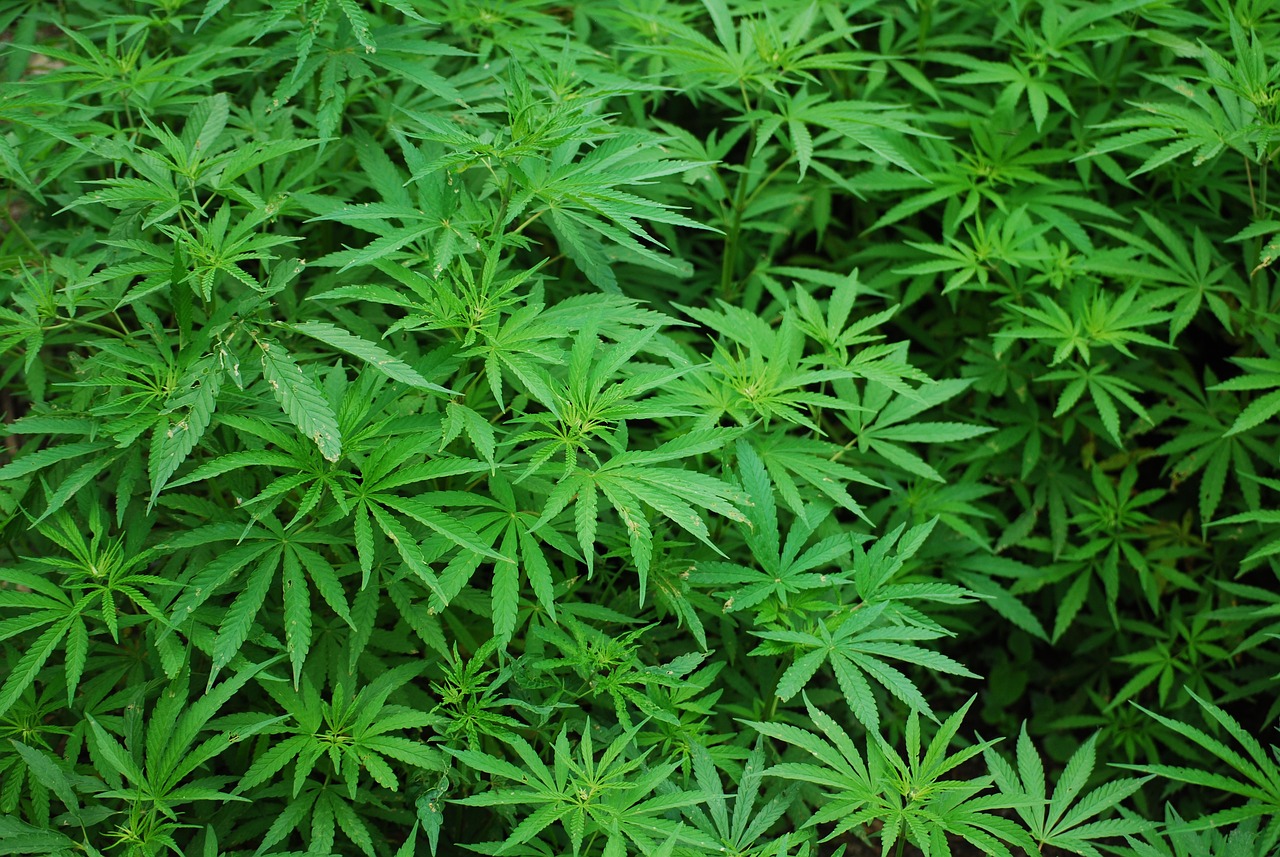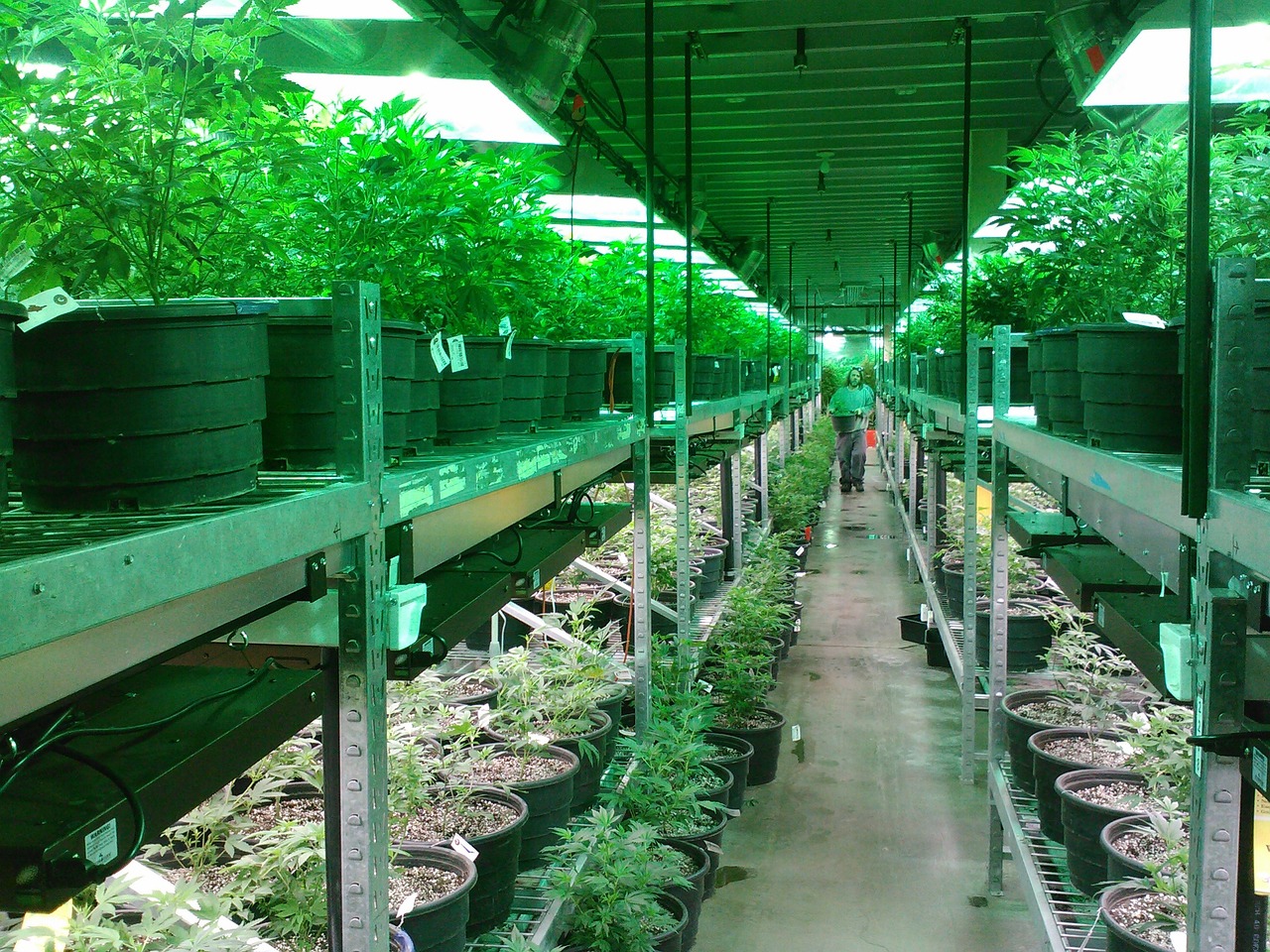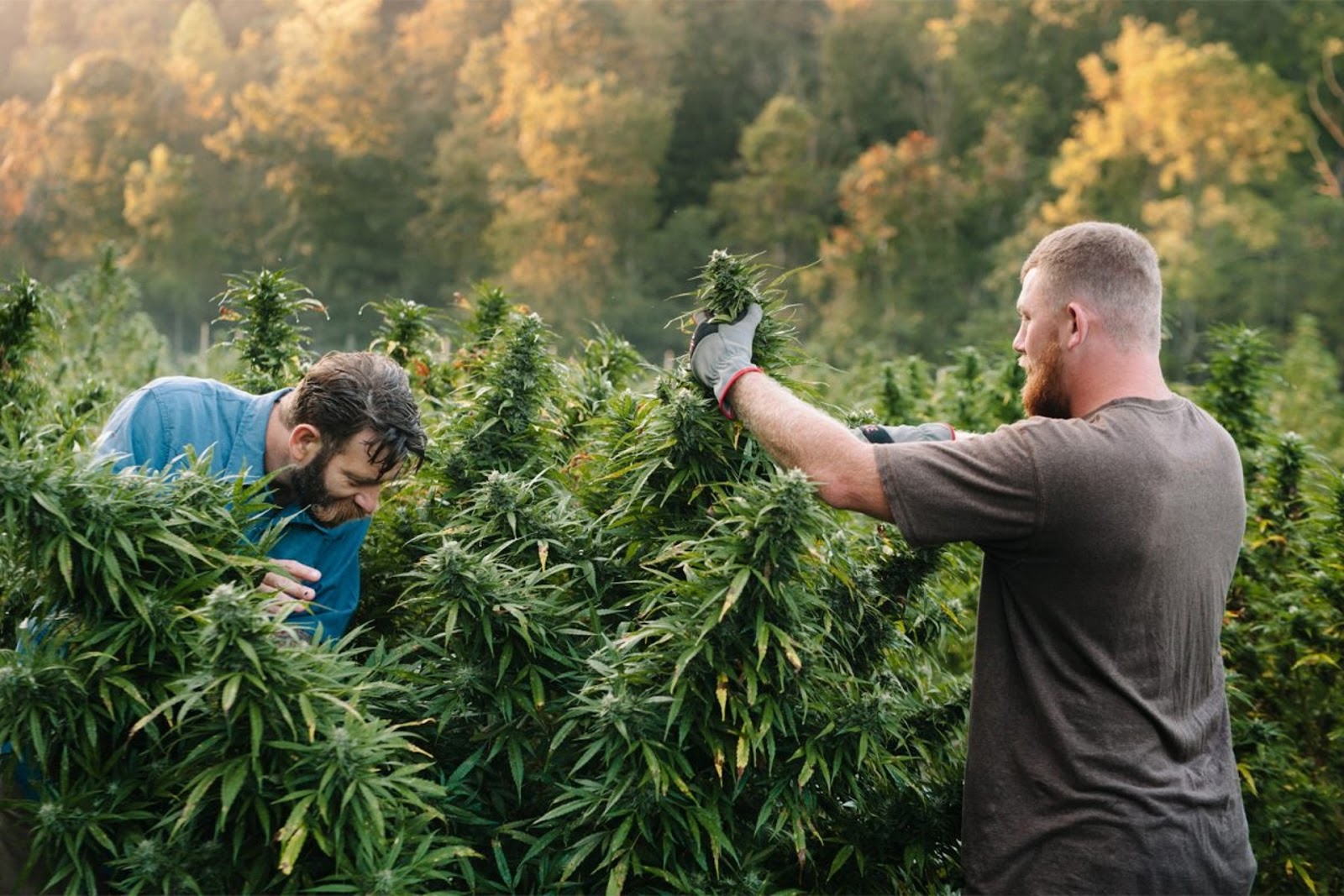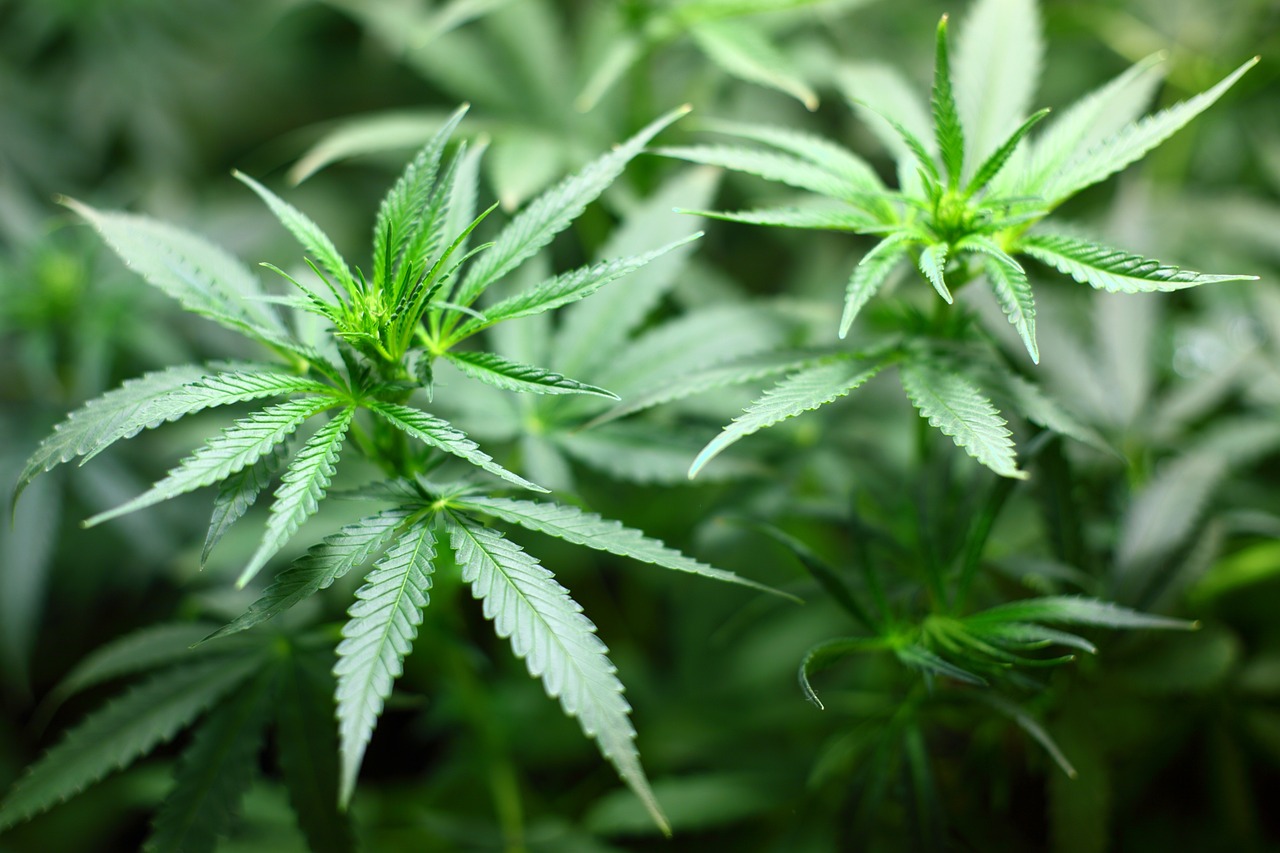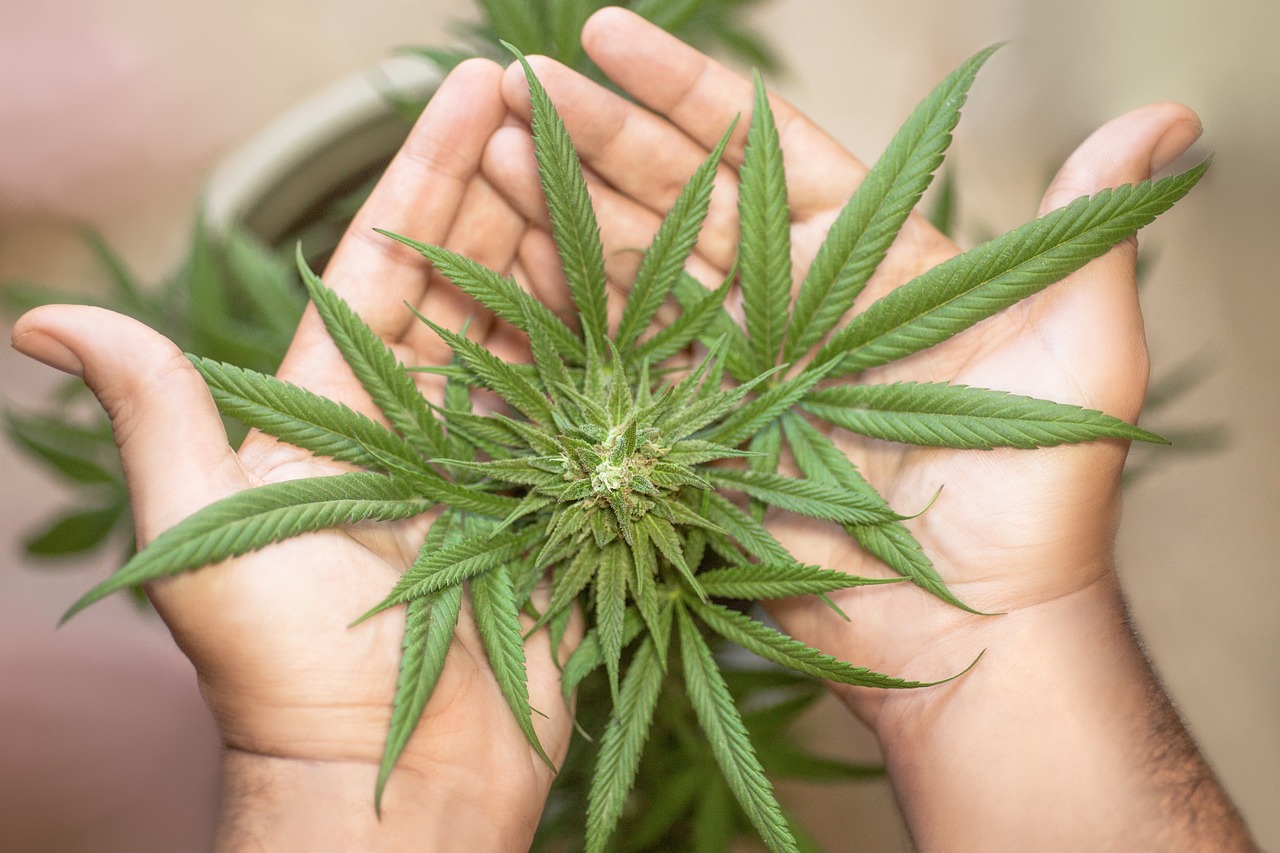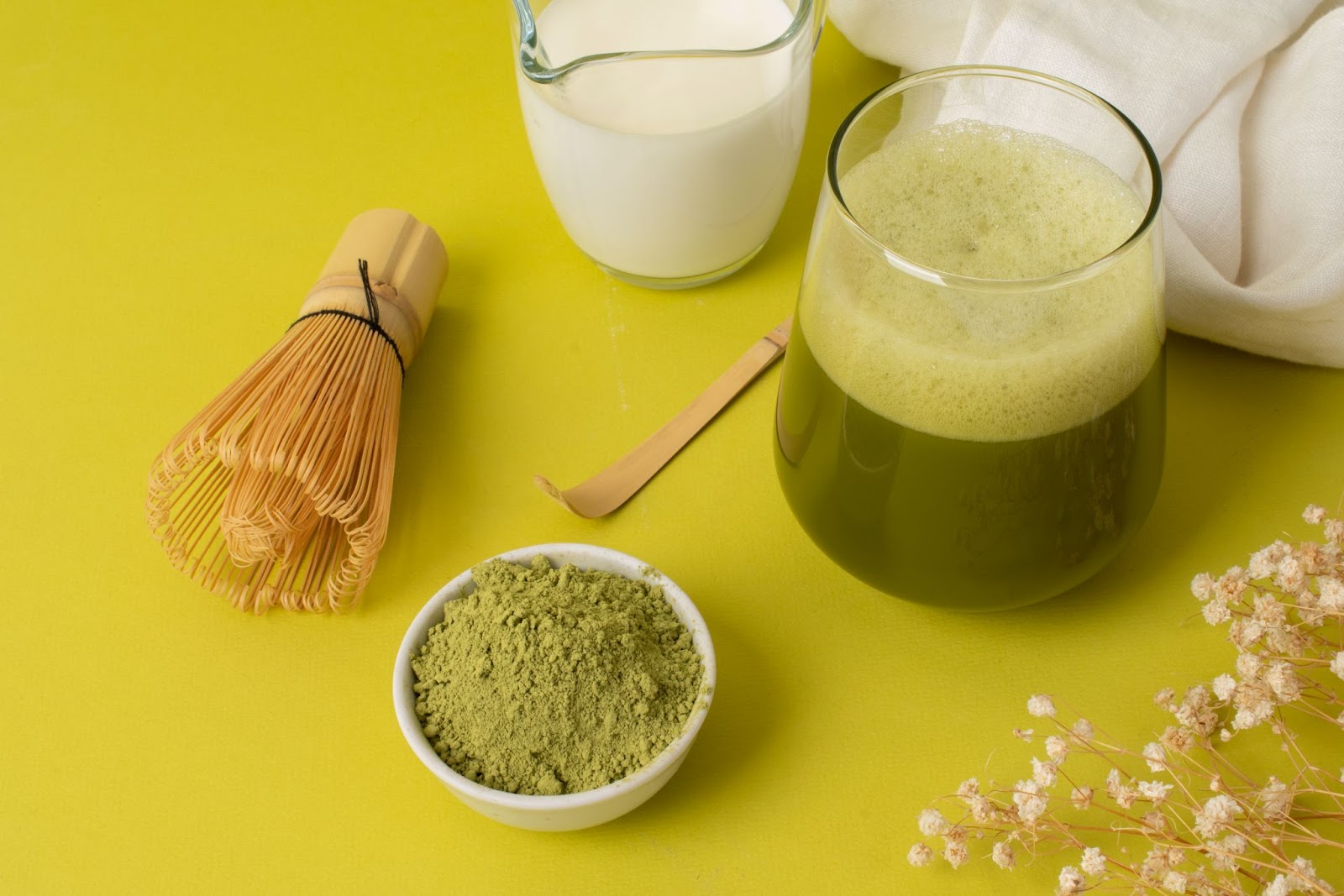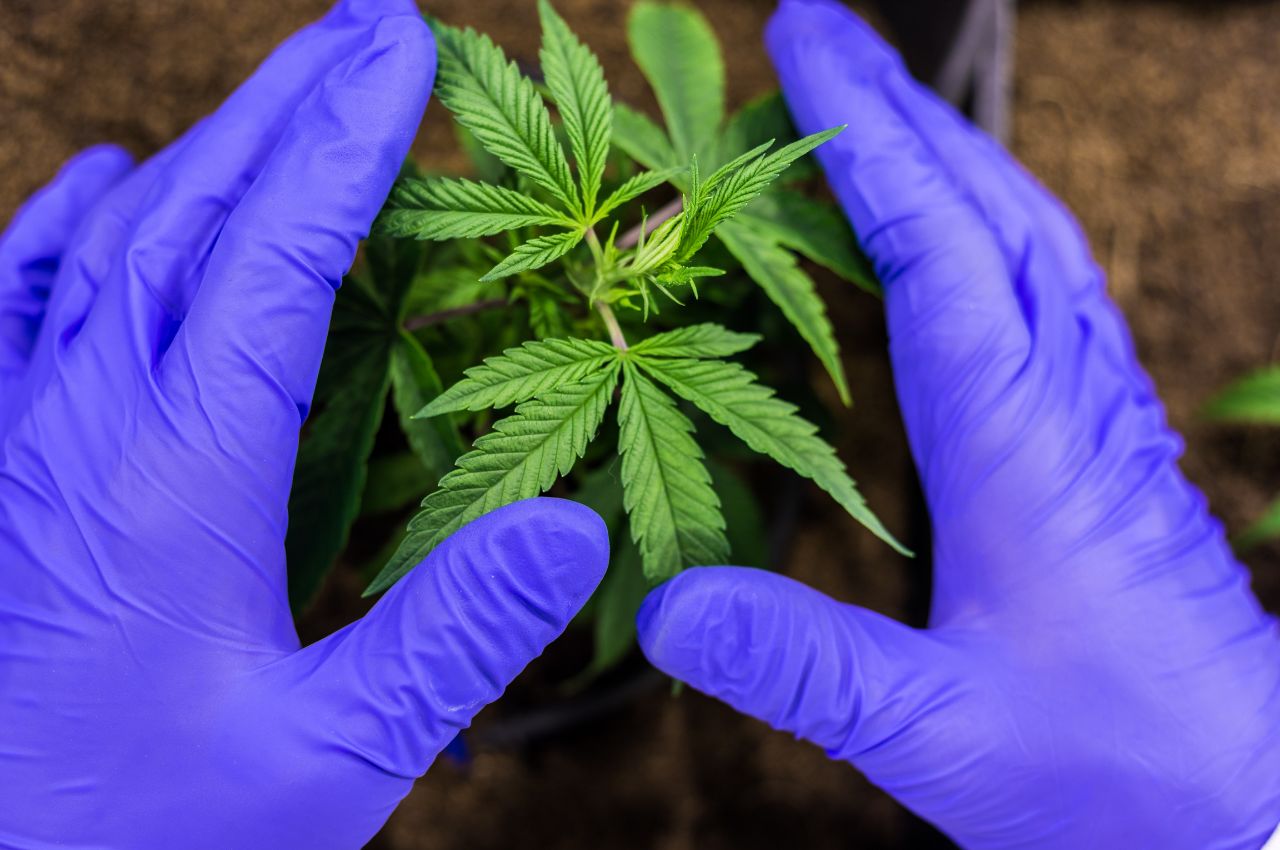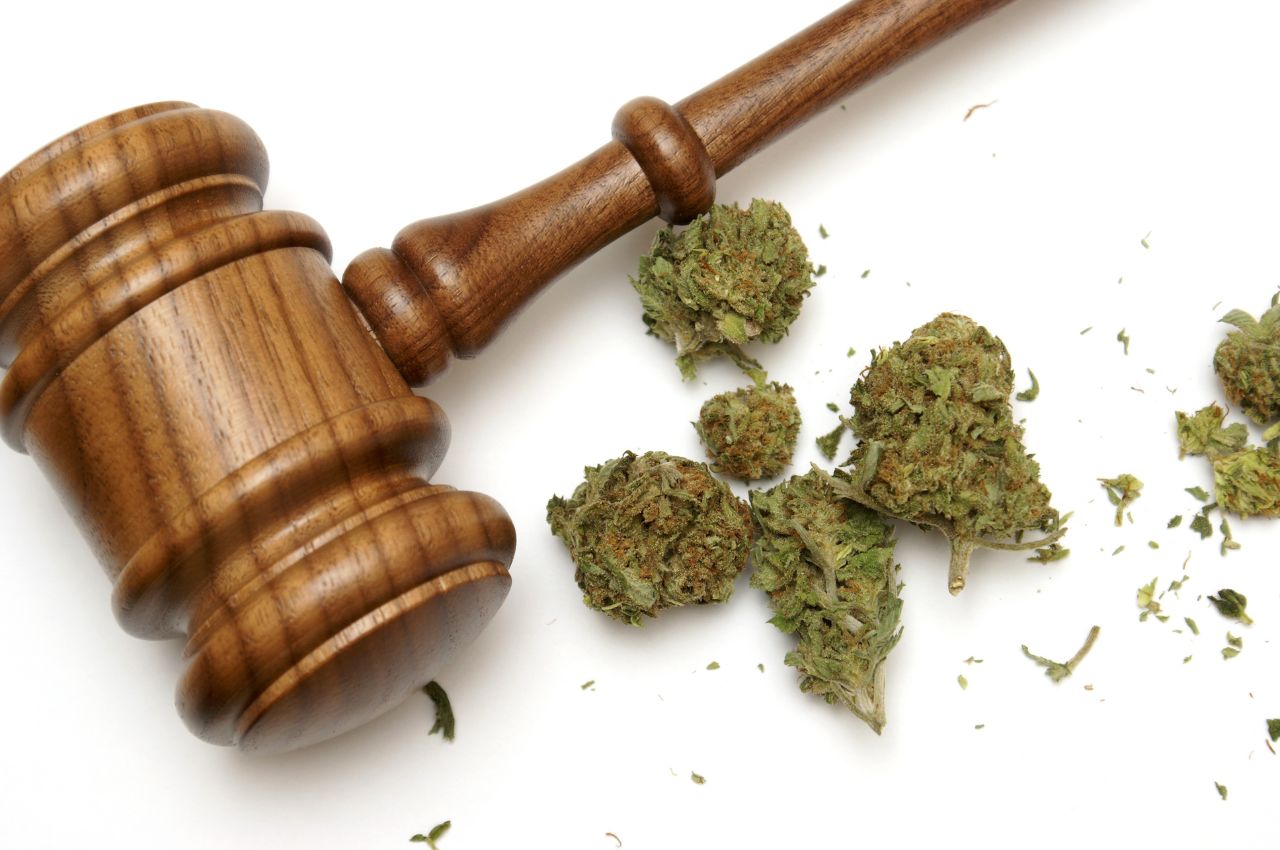Portland, Maine’s premier city, has taken a significant step toward decriminalizing certain psychedelic plants and fungi. The move signals a broader trend in the U.S. as local governments reevaluate their stance on using naturally occurring entheogens.
Last week, a unanimous decision by the Health and Human Services and Public Safety Committee saw a resolution advancing toward a total council vote, potentially scheduled for mid-October. This resolution promotes decriminalizing psychedelic flora, including psilocybin, psilocin, ibogaine, mescaline (except peyote), and DMT. Notably, excluding peyote from the list highlights the plant’s vulnerable ecological status and cultural and religious significance to Indigenous peoples.
Moreover, the resolution was amended to allow home cultivation of these natural entheogens for personal use and sharing, as long as no financial transaction is involved. However, the measure does not alter the criminal enforcement against selling, dispensing, or possessing these substances on school premises or under the influence while driving.
While state law still deems these substances illegal, the resolution urges the City of Portland to prioritize other law enforcement matters over investigating and prosecuting these plants and fungi. This is in line with the belief that the use and possession of these substances should primarily be viewed as a public health issue.
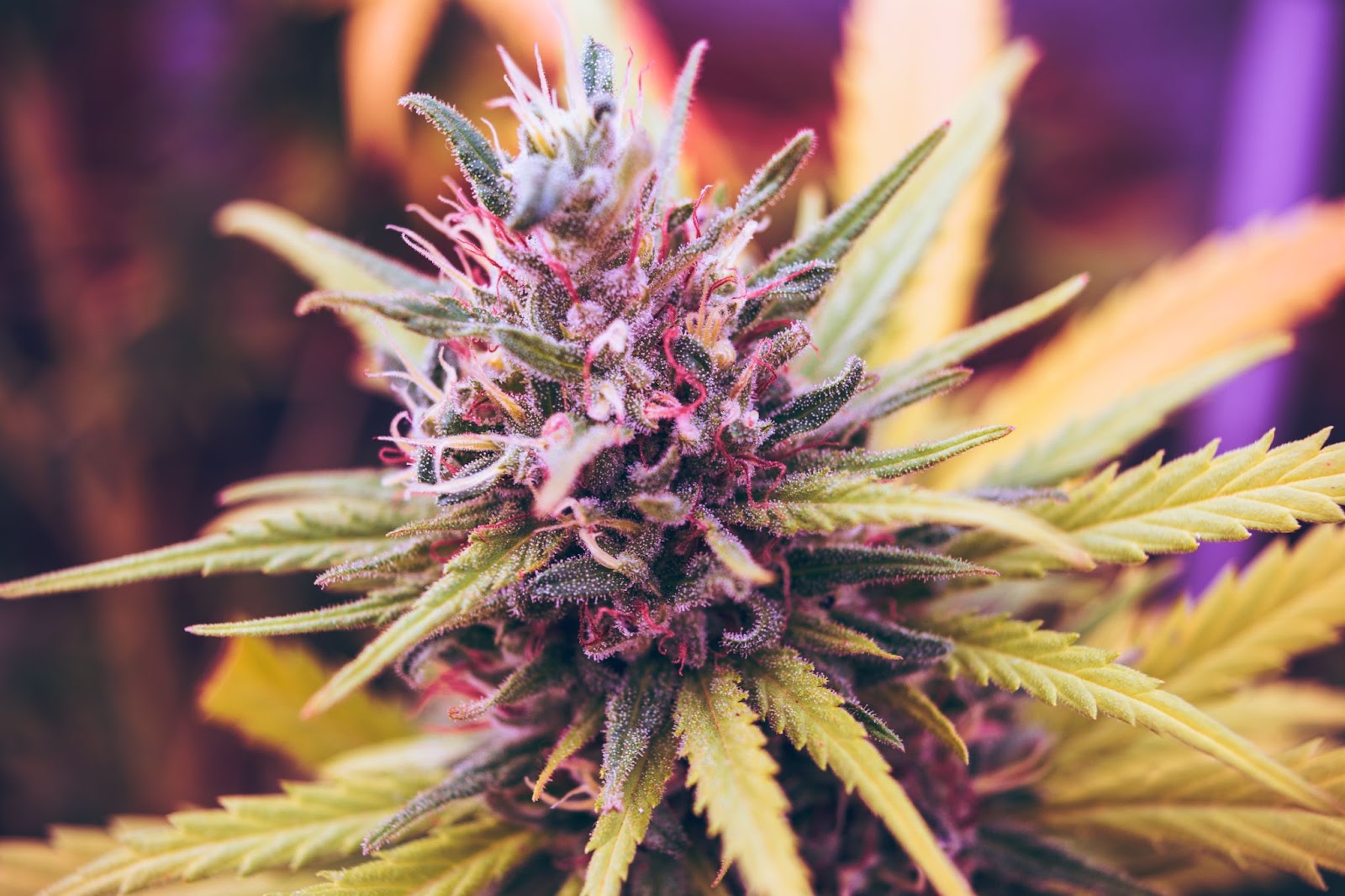
The amendment, introduced by City Council Member Anna Trevorrow, emphasizes the communal and sharing cultural essence of these substances, discouraging individuals from seeking them in the black market. This will thereby promote safer consumption.
During the discussions, public sentiment echoed in favor of this change. Wendy Chapkis, a University of Southern Maine sociology professor and a board member of Decriminalize Maine, emphasized the importance of safe and supportive environments for consuming these powerful substances. She further shed light on the potential therapeutic benefits of psychedelics, especially for older adults grappling with end-of-life issues.
Taking inspiration from Cambridge, Massachusetts, Portland’s resolution is part of a larger trend in the U.S. Several cities like Denver, Oakland, Santa Cruz, and a handful in Massachusetts and Michigan have already taken steps toward decriminalization. California’s state legislature is considering legalizing the possession and cultivation of certain psychedelics for adults, with therapeutic and facilitated uses in mind.
A crucial aspect of the measure is its potential impact on federal funding. Portland’s Director of Health and Human Services, Kristen Down, highlighted the need to ensure that decriminalization aligns with city grants and contracts, ensuring no jeopardization of federal funds, including a recent $4 million grant.
National trends indicate a shift in perceptions about psychedelic therapy. A national poll published in March showed that most U.S. voters support legal access to psychedelic therapy and advocate for the federal decriminalization of substances like psilocybin and MDMA. Furthermore, last year, an American Medical Association journal analysis predicted that most states will likely legalize psychedelics by 2037.
By embracing and regulating psychedelic flora, Portland and other like-minded cities are paving the way for a future where natural, plant-based solutions are accessible, safe, and recognized for their healing potential. This decriminalization endeavor illustrates a collective step towards holistic well-being, conscientious use, and respectful acknowledgment of ancient natural remedies.

